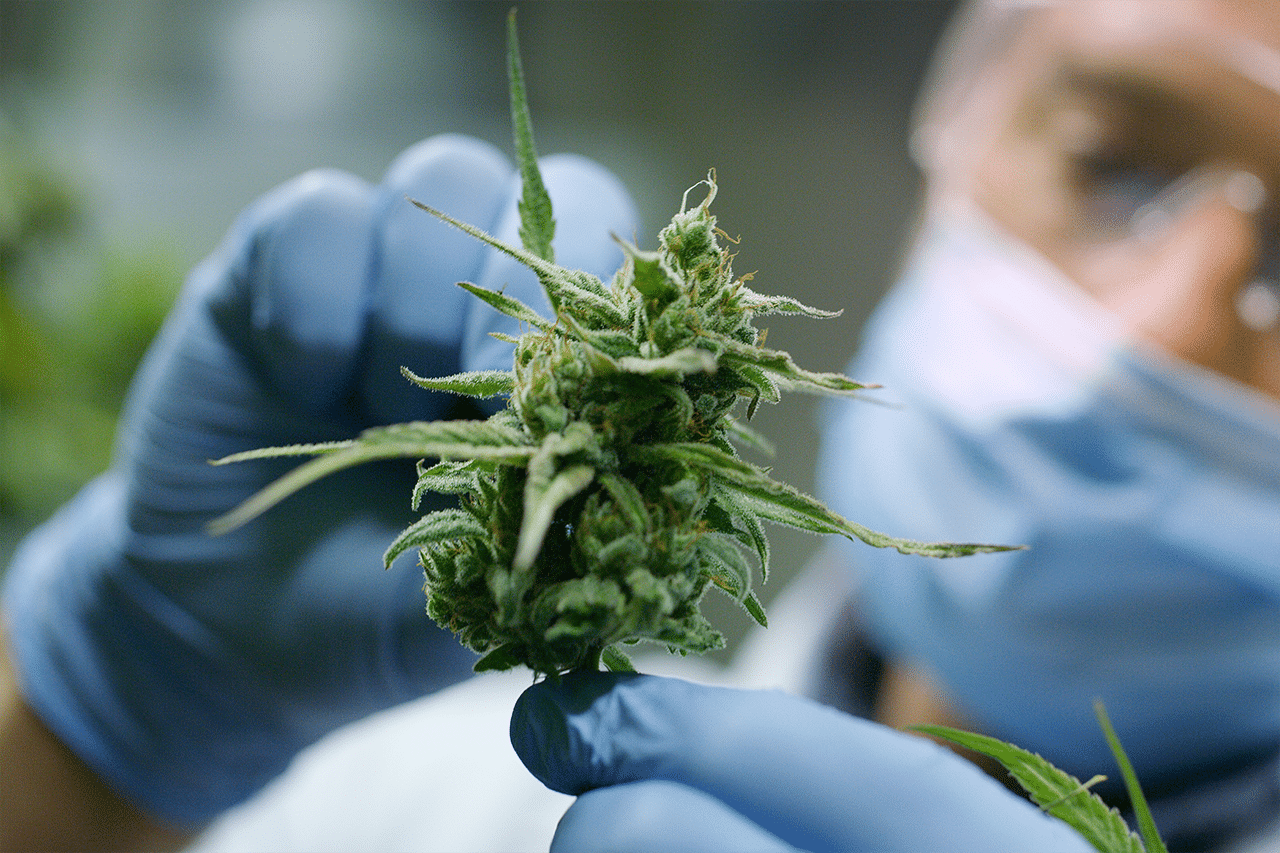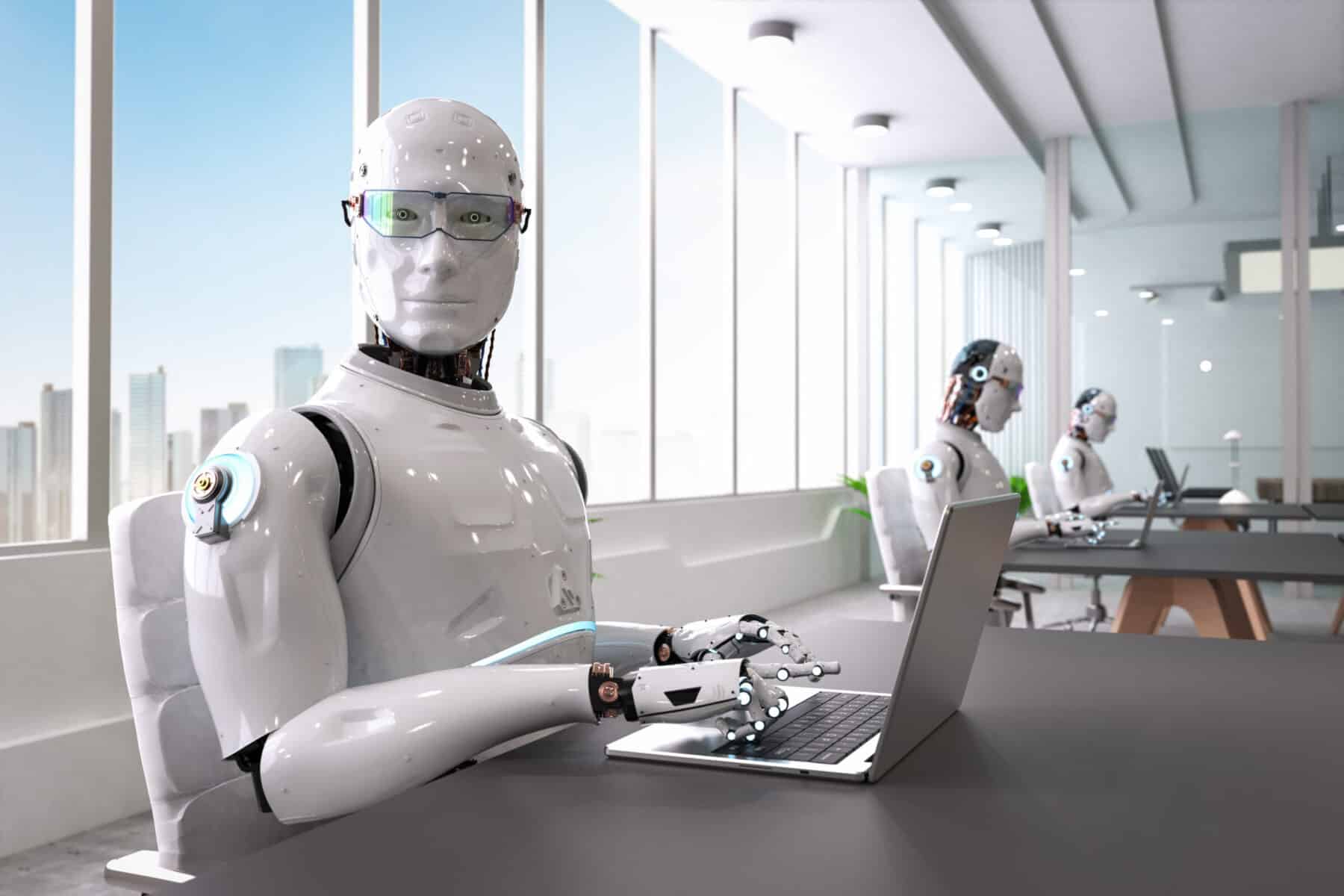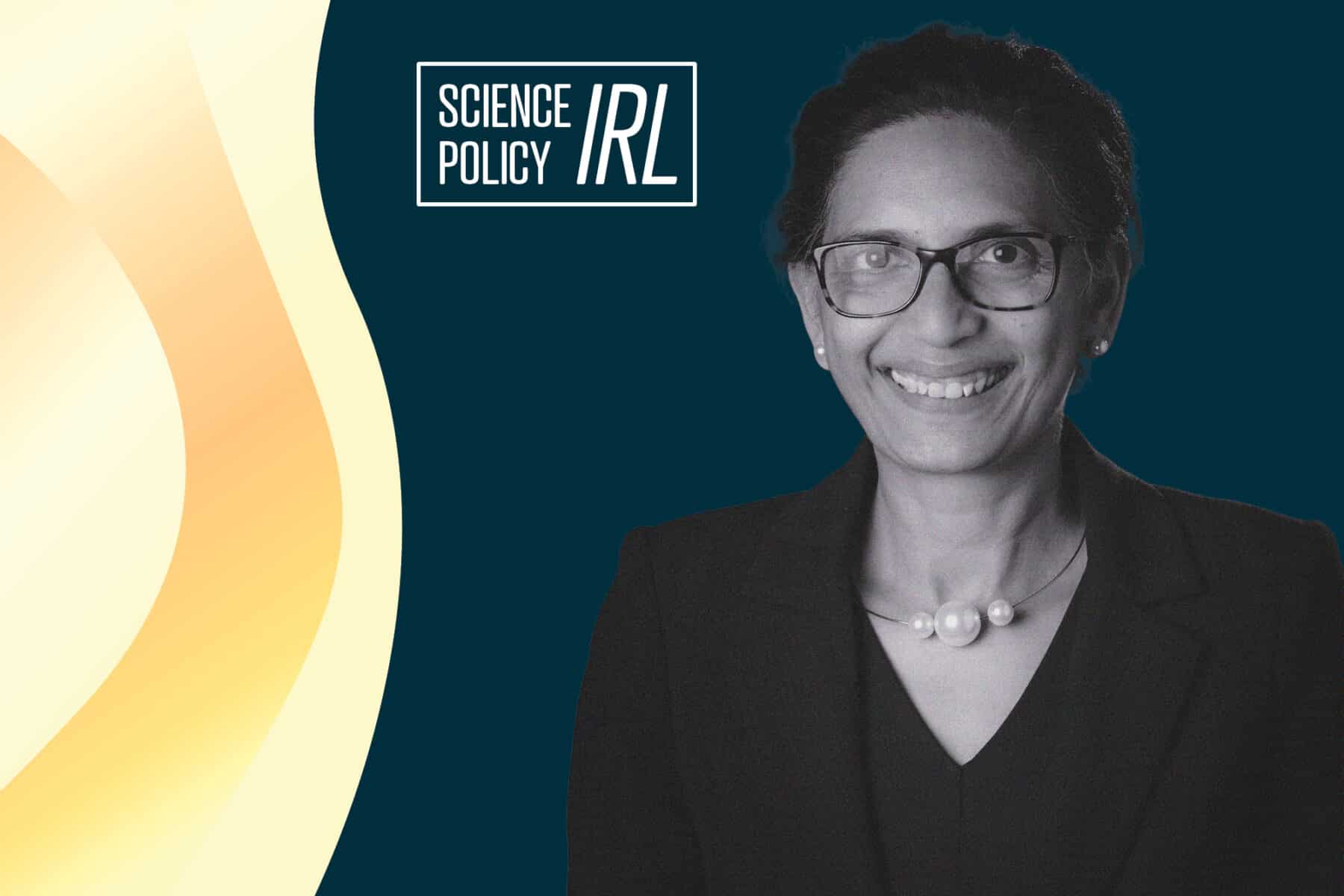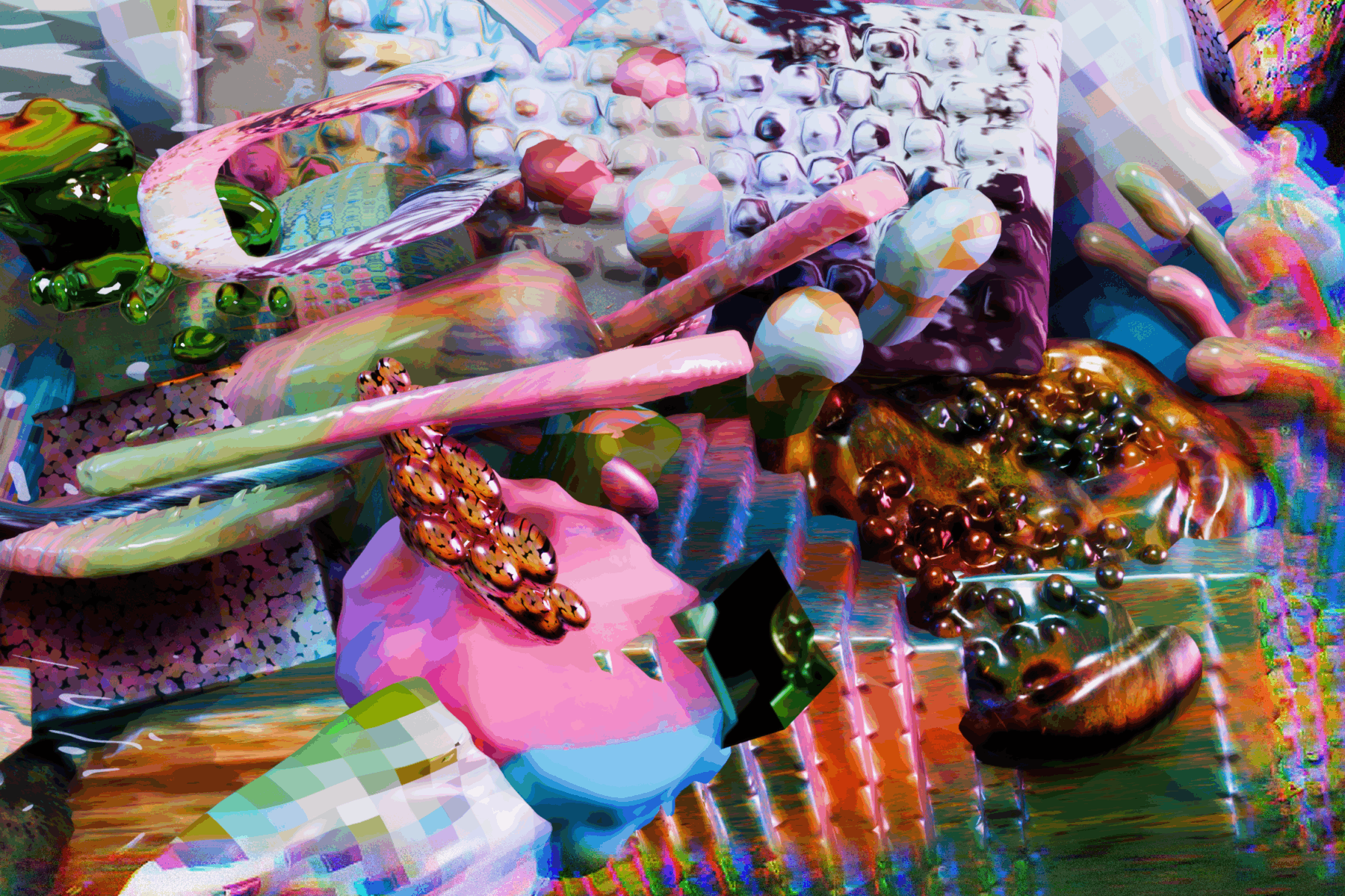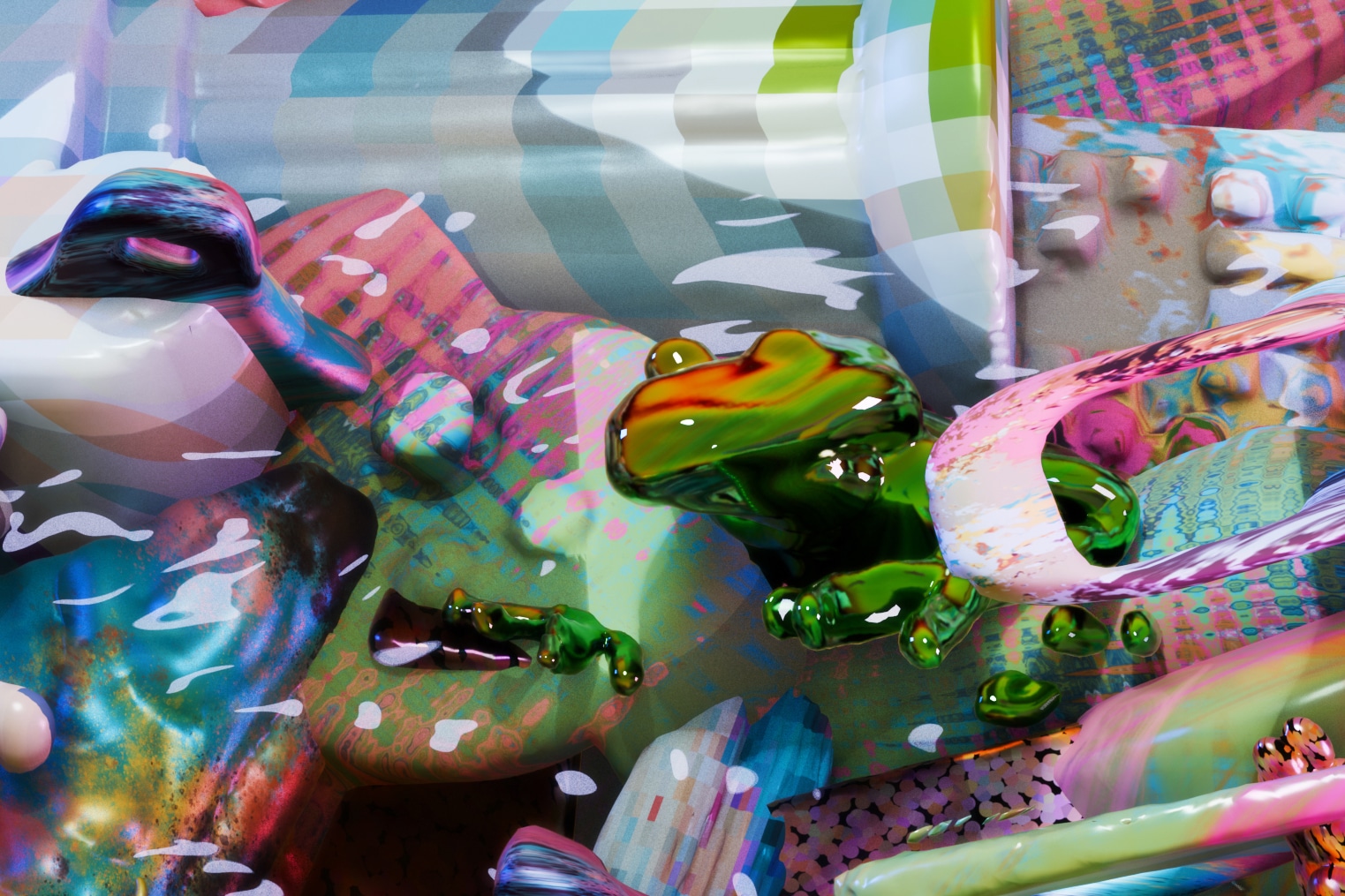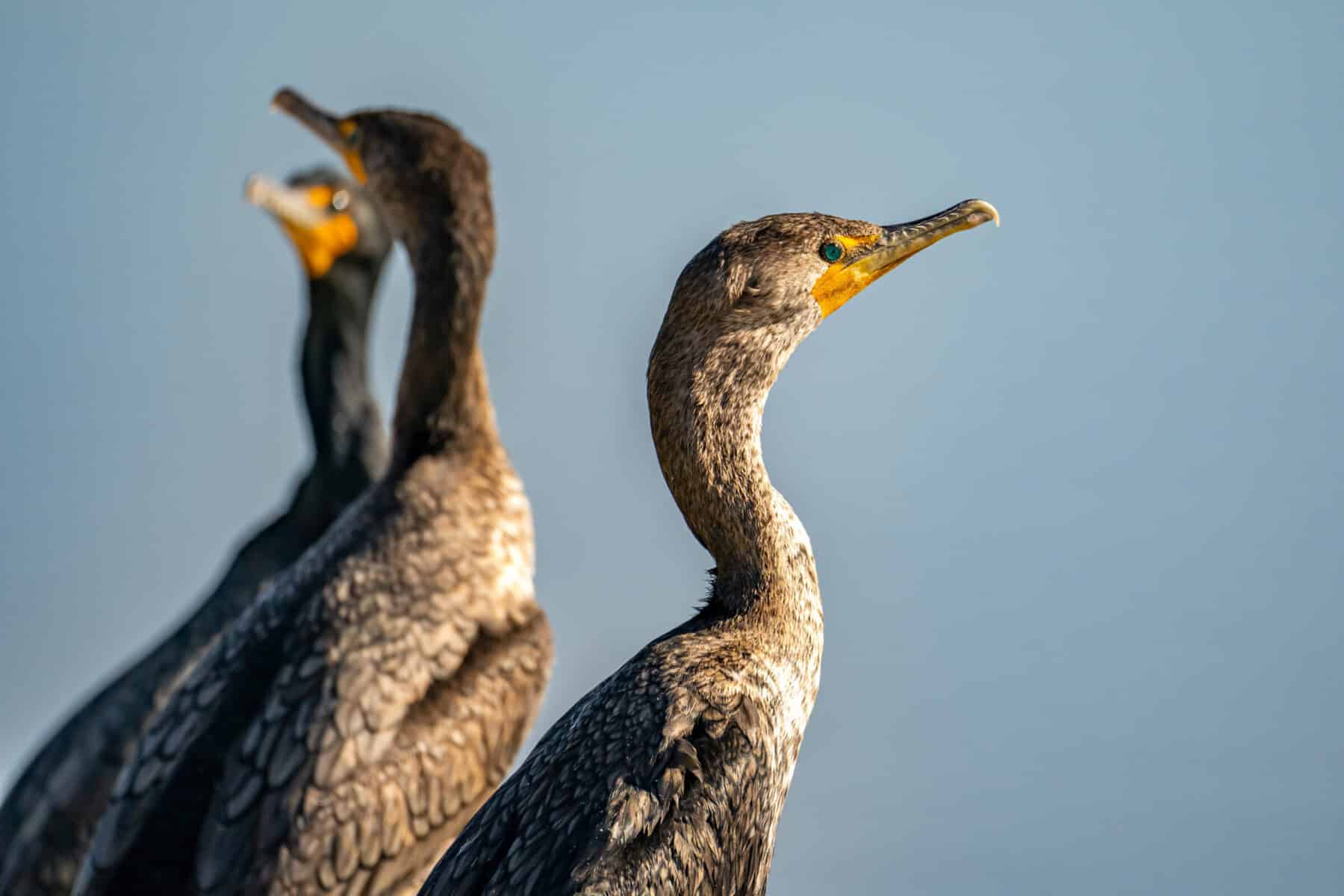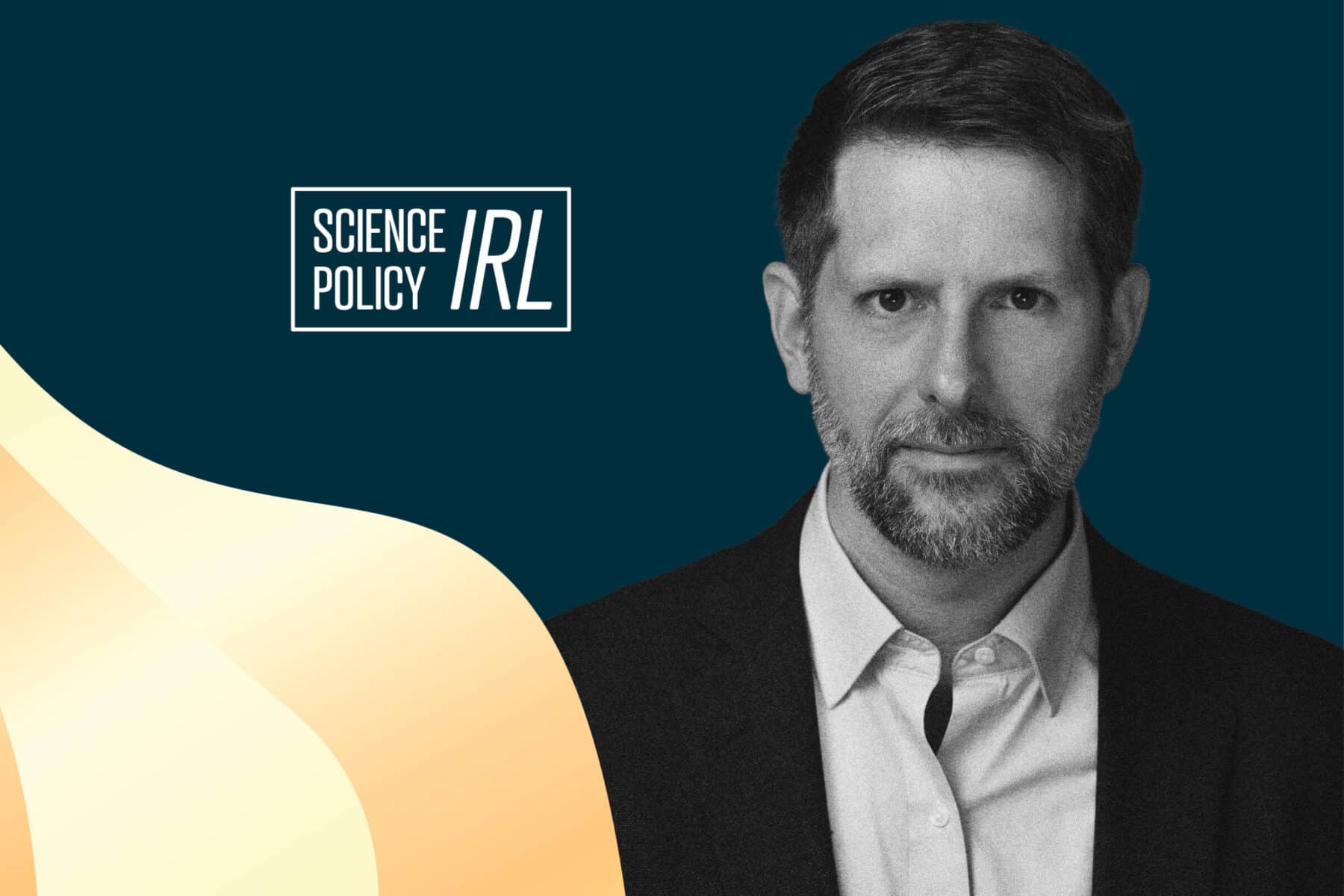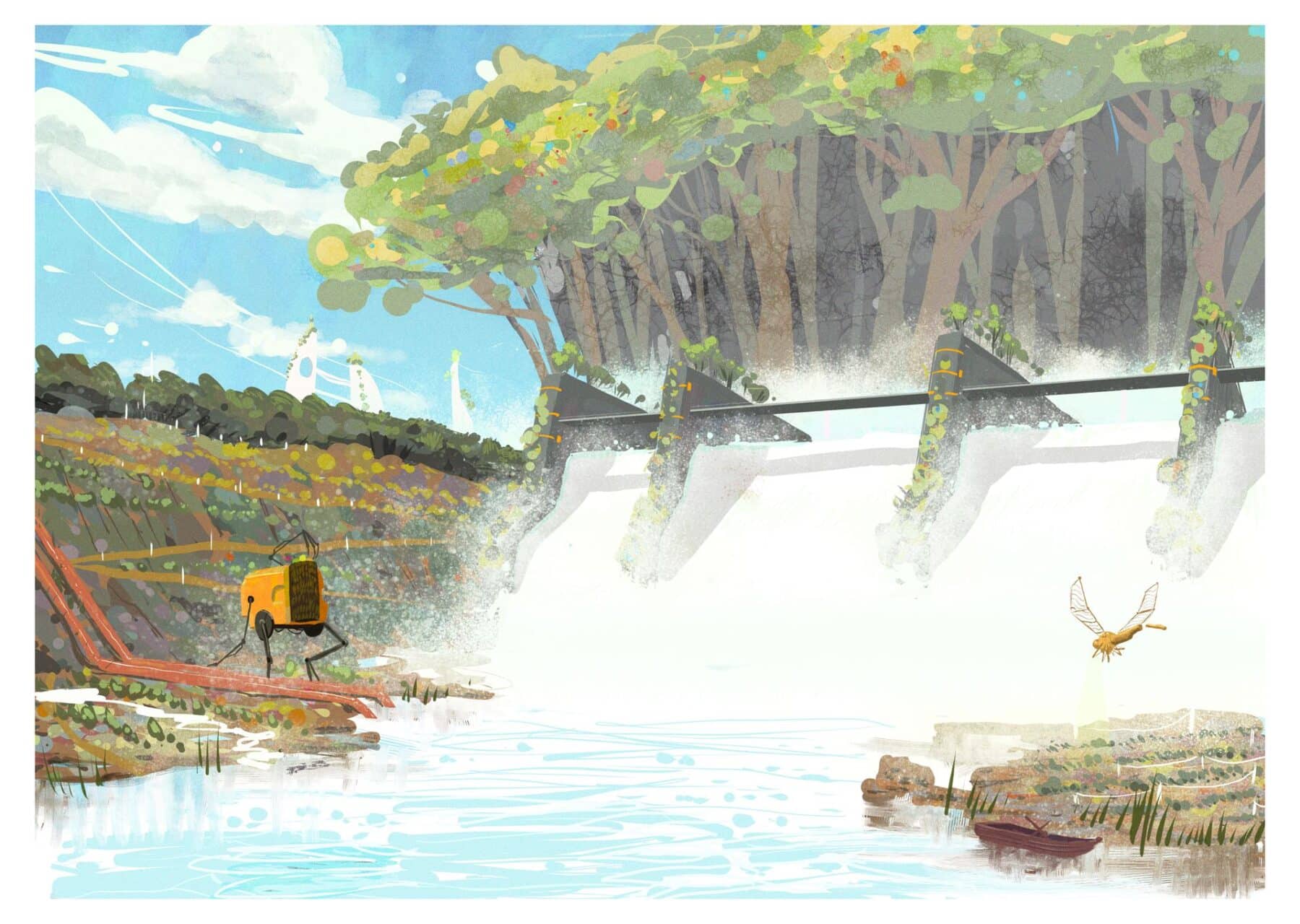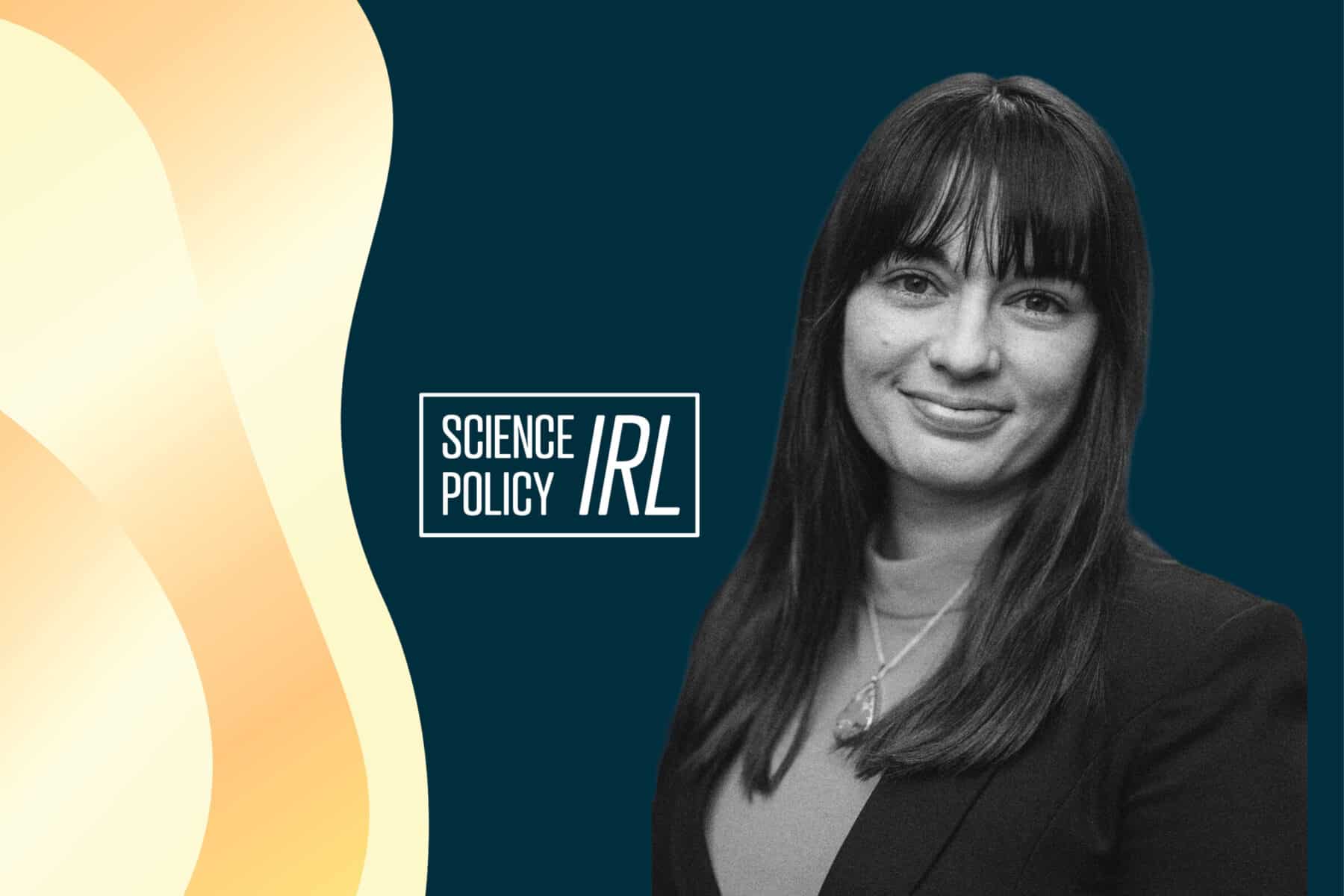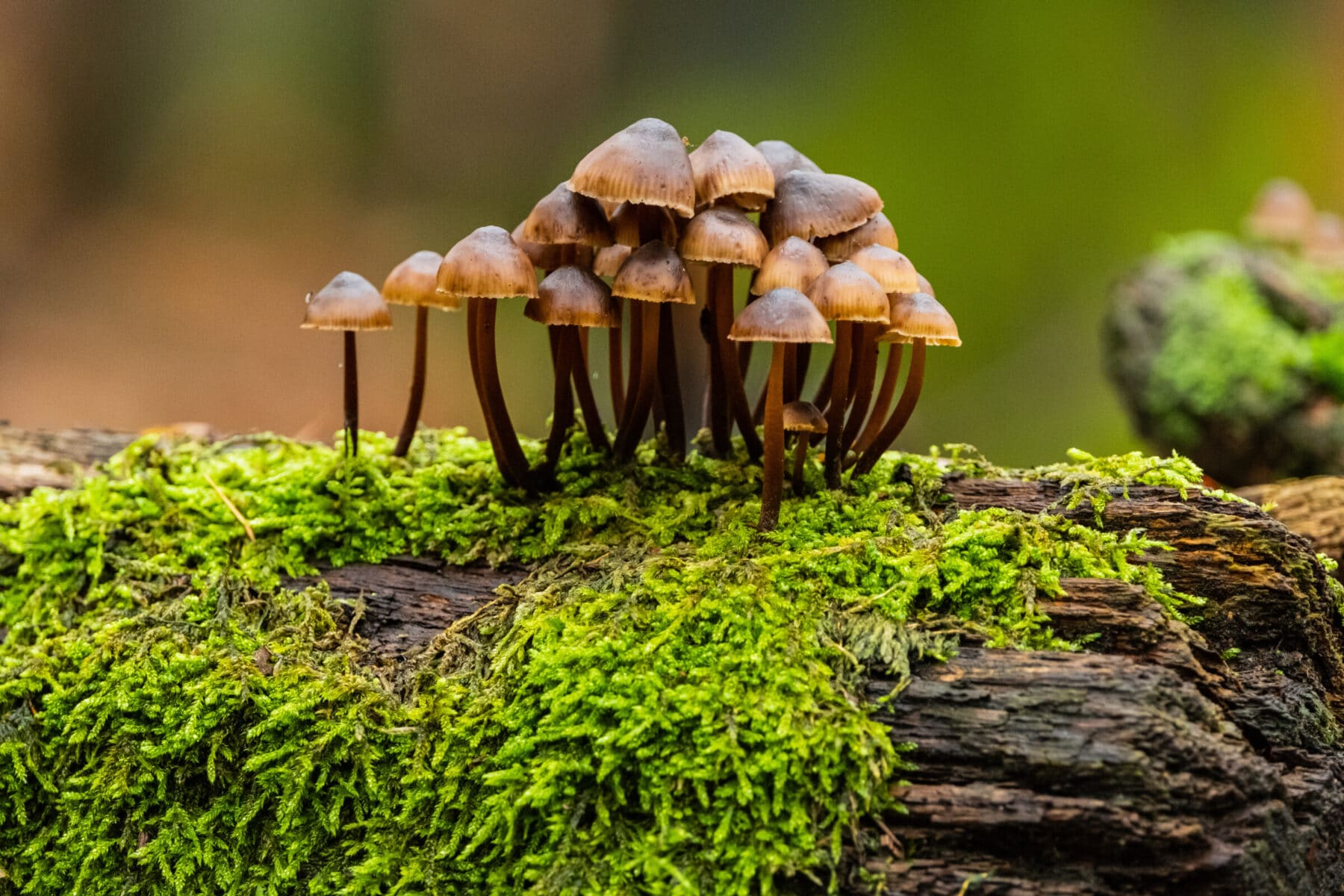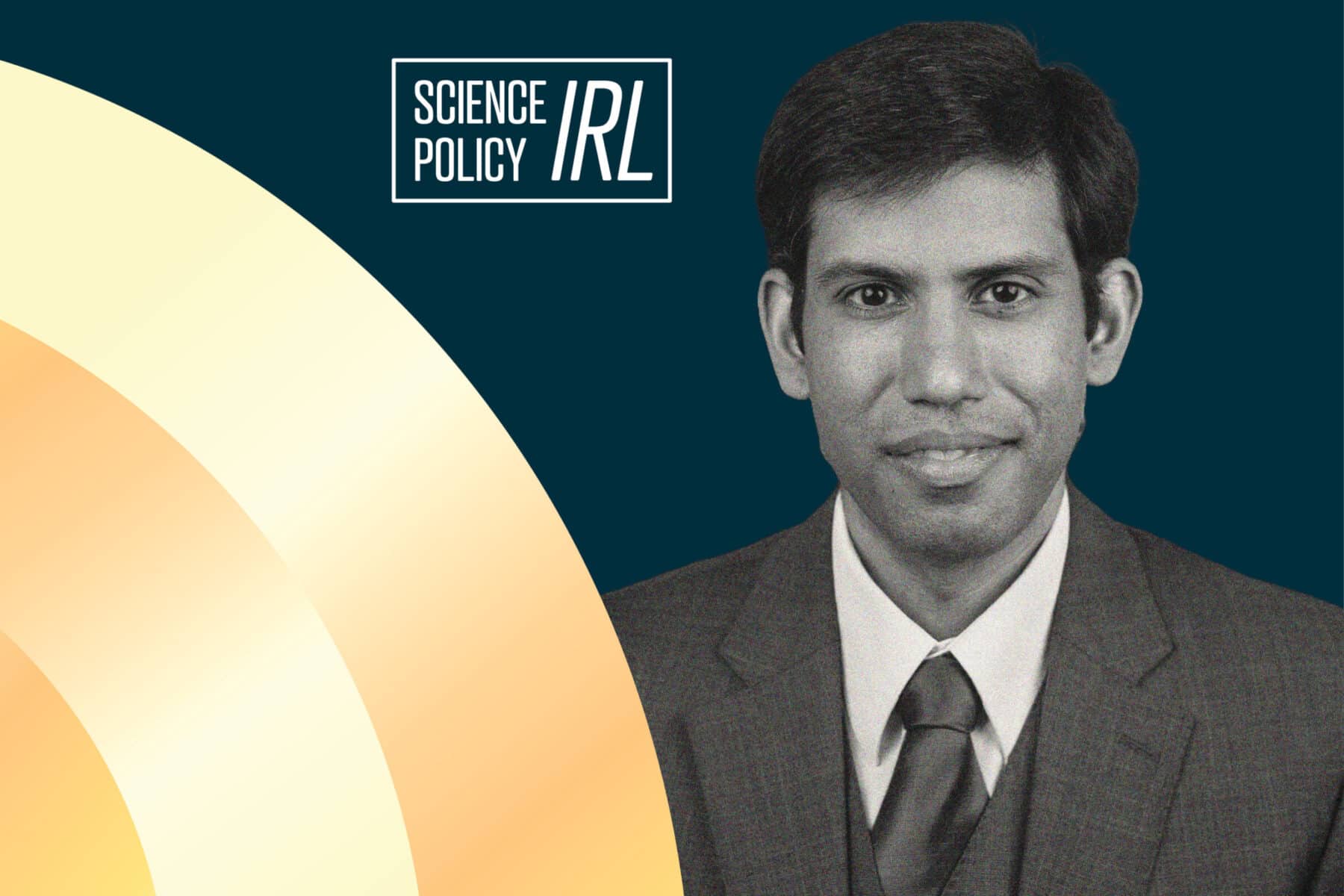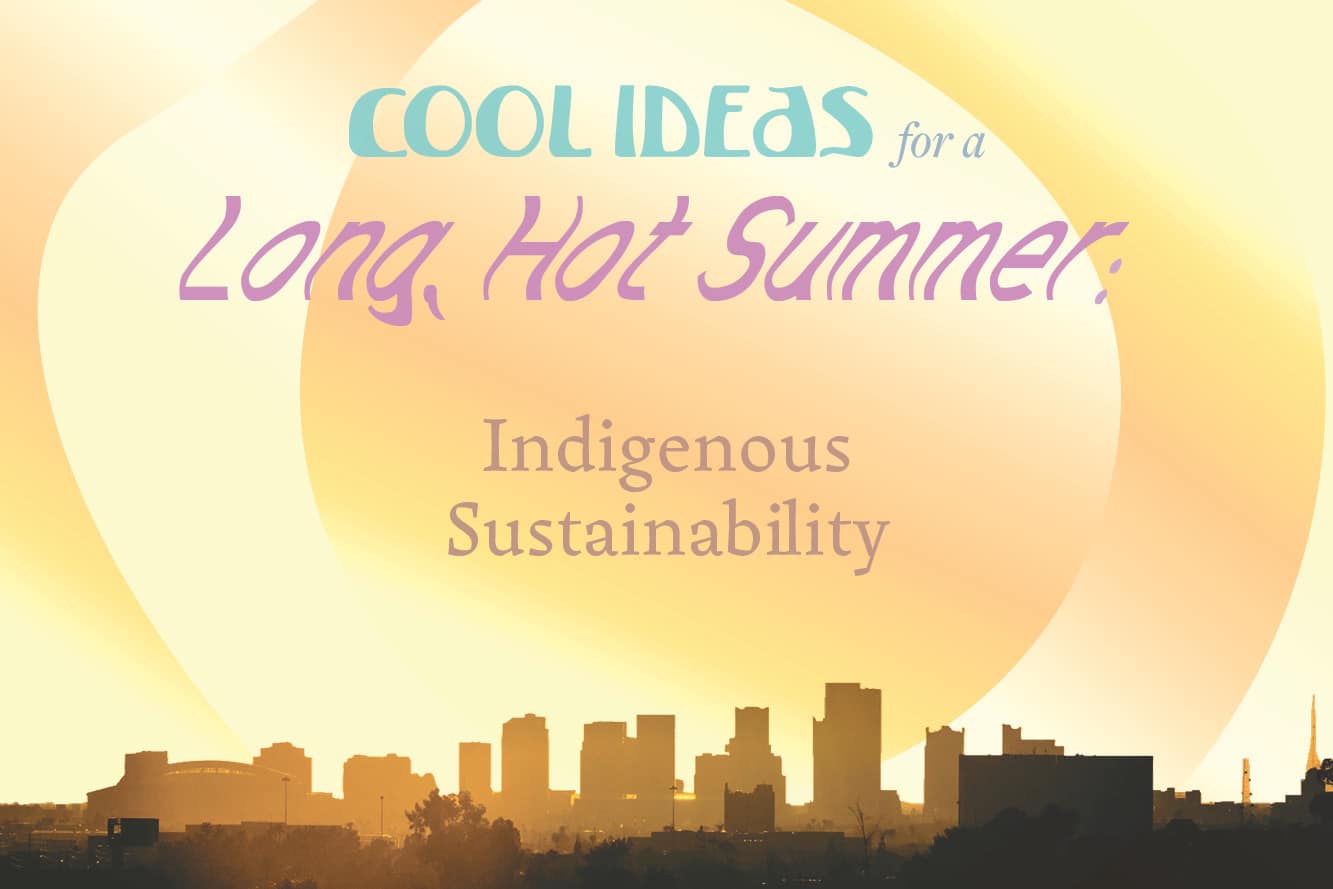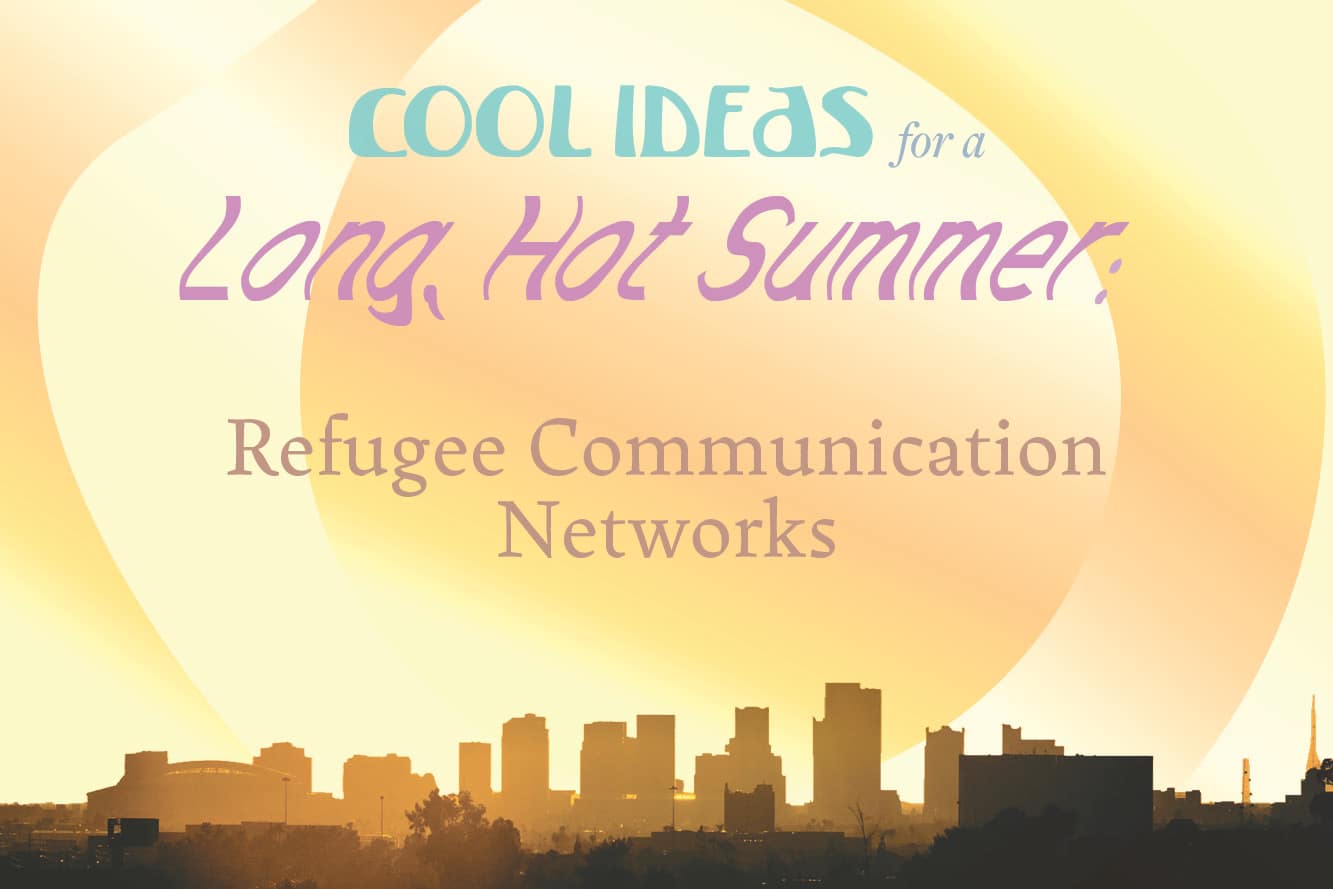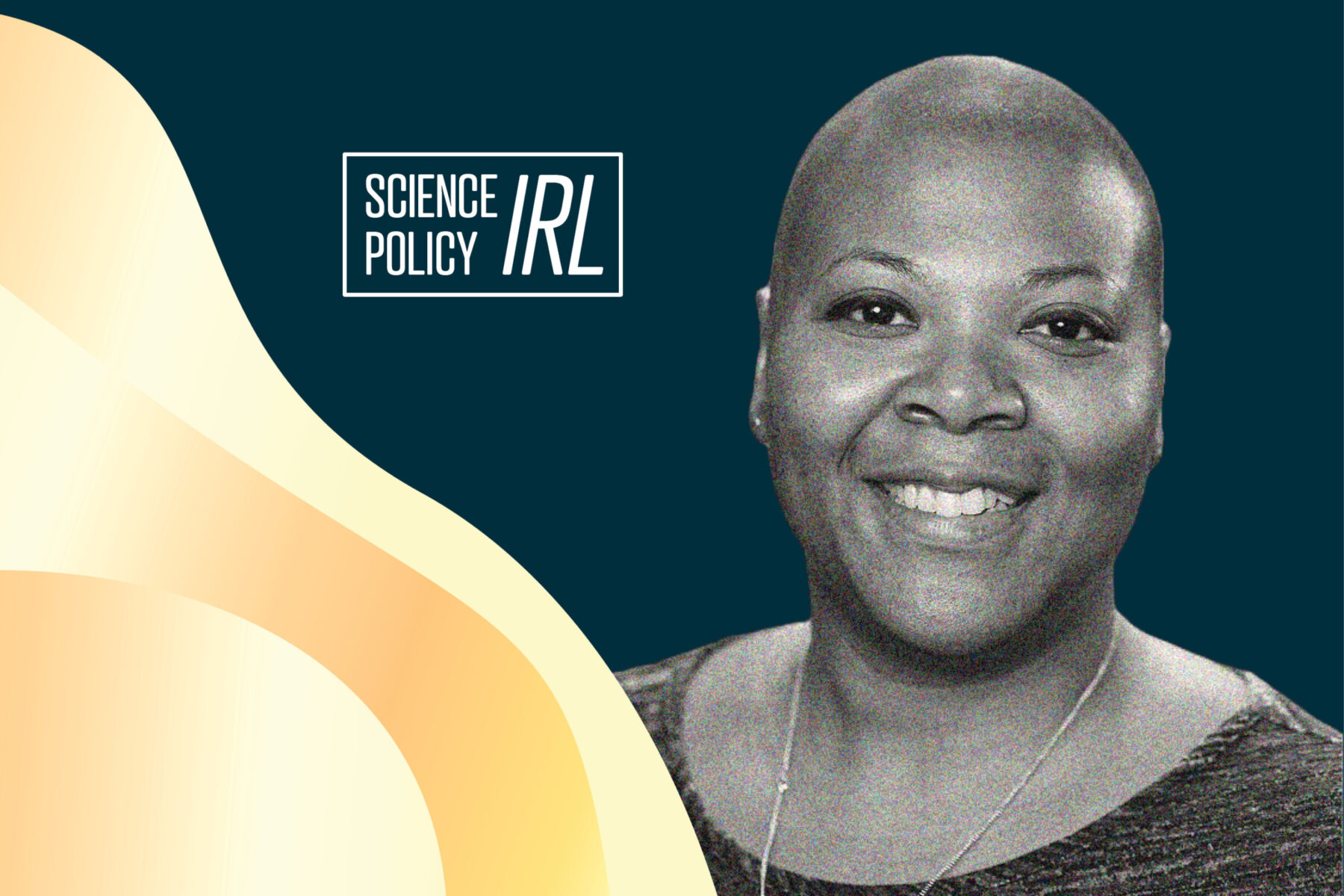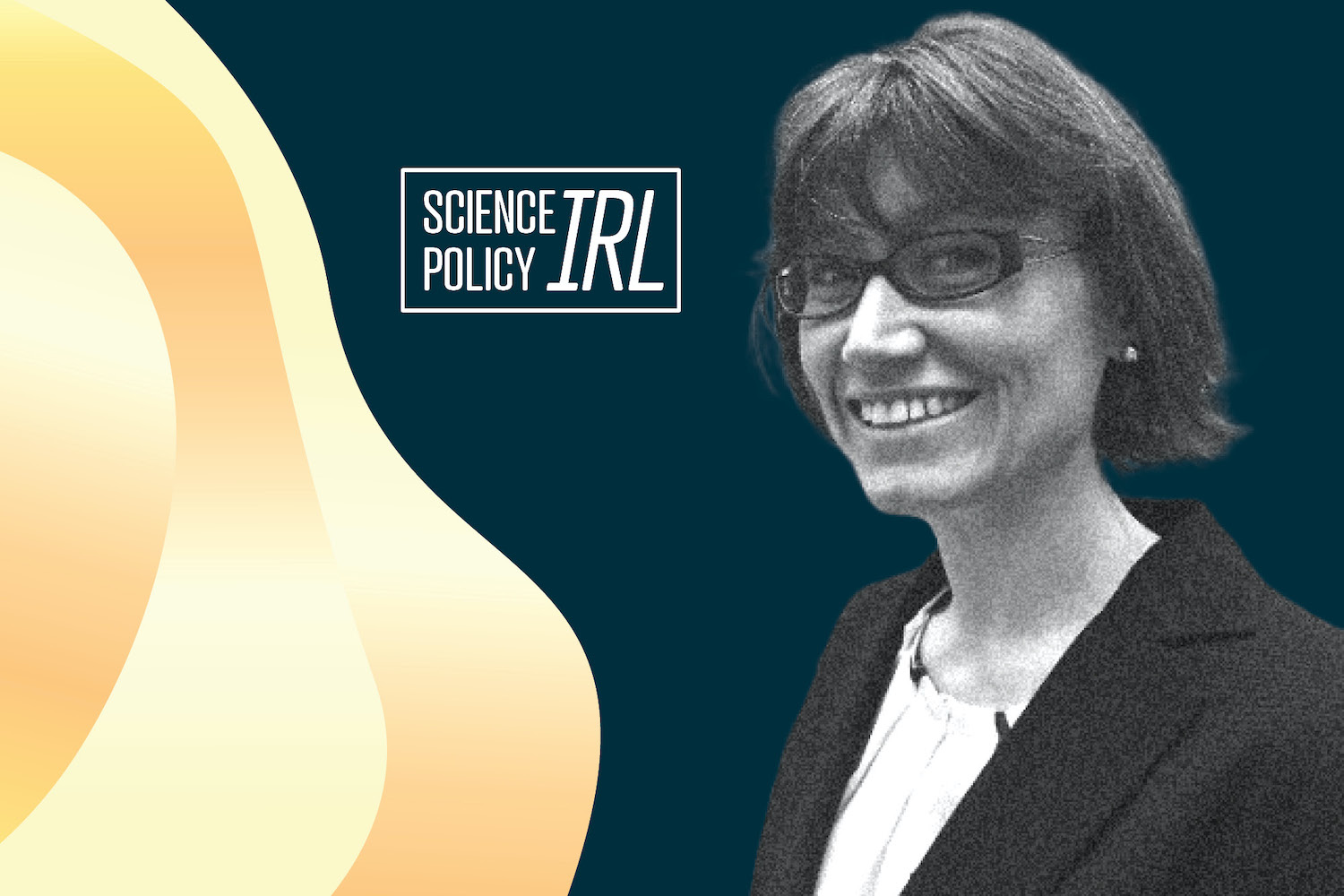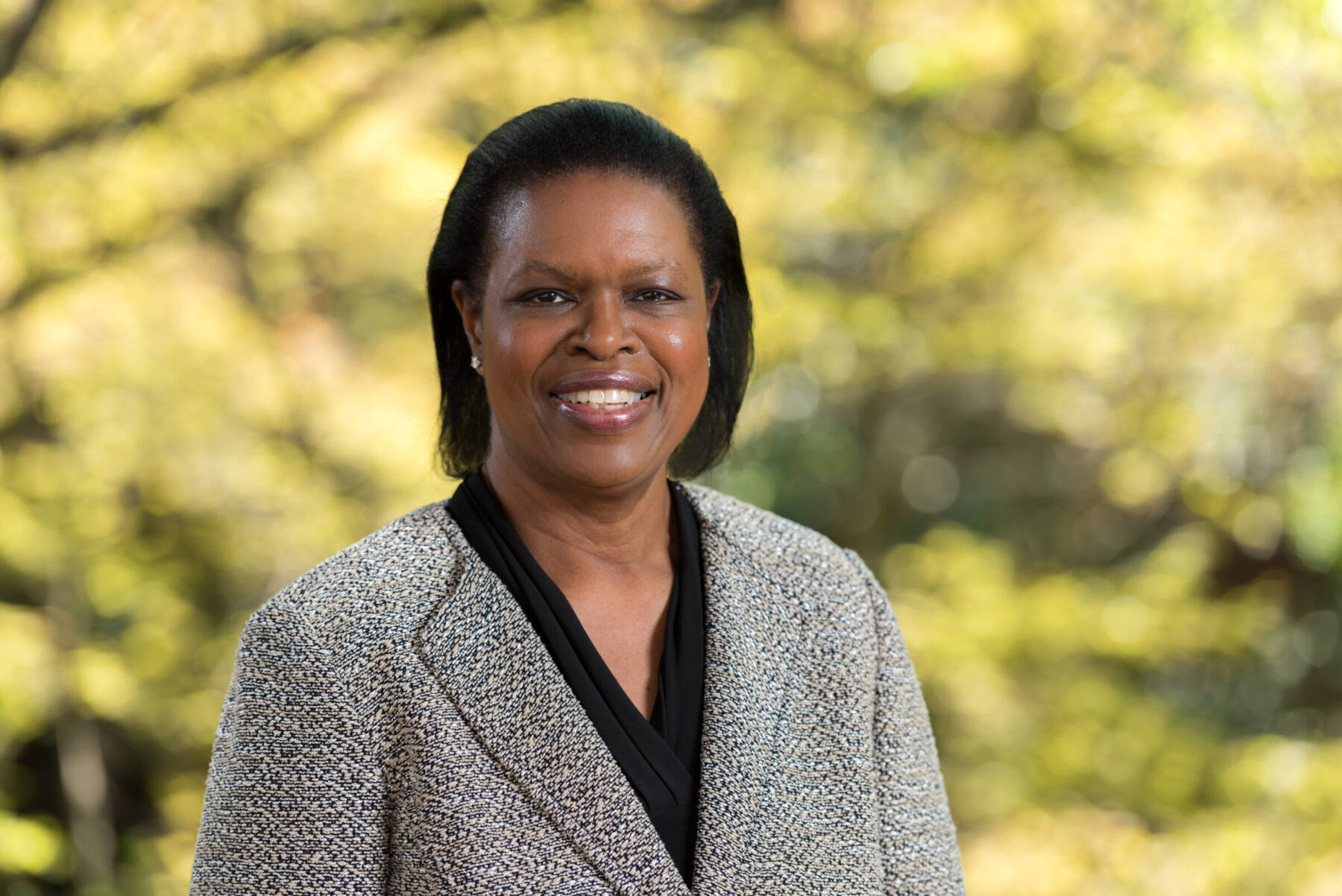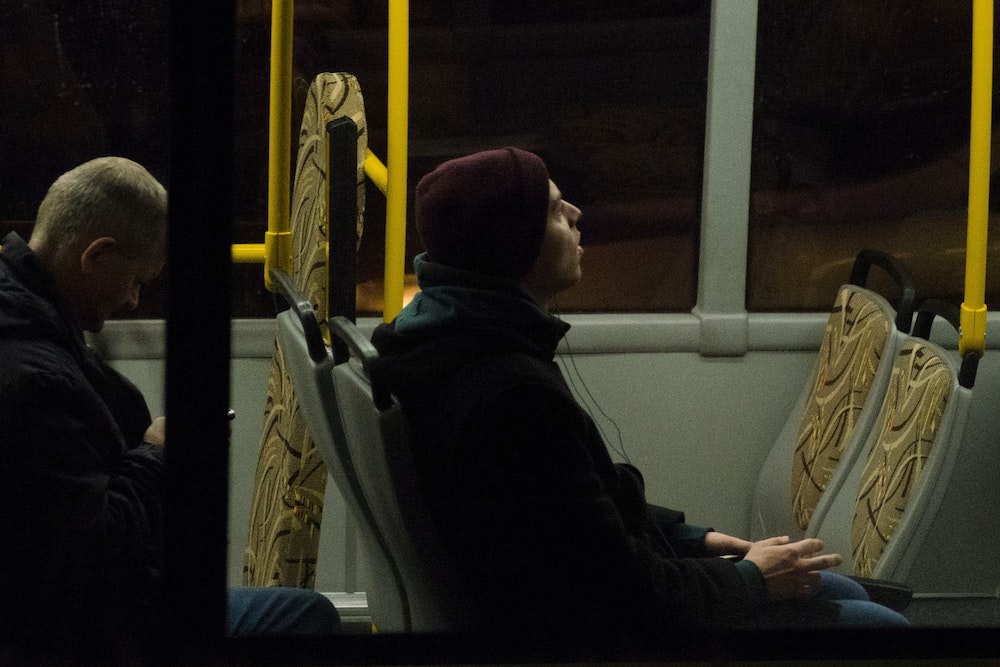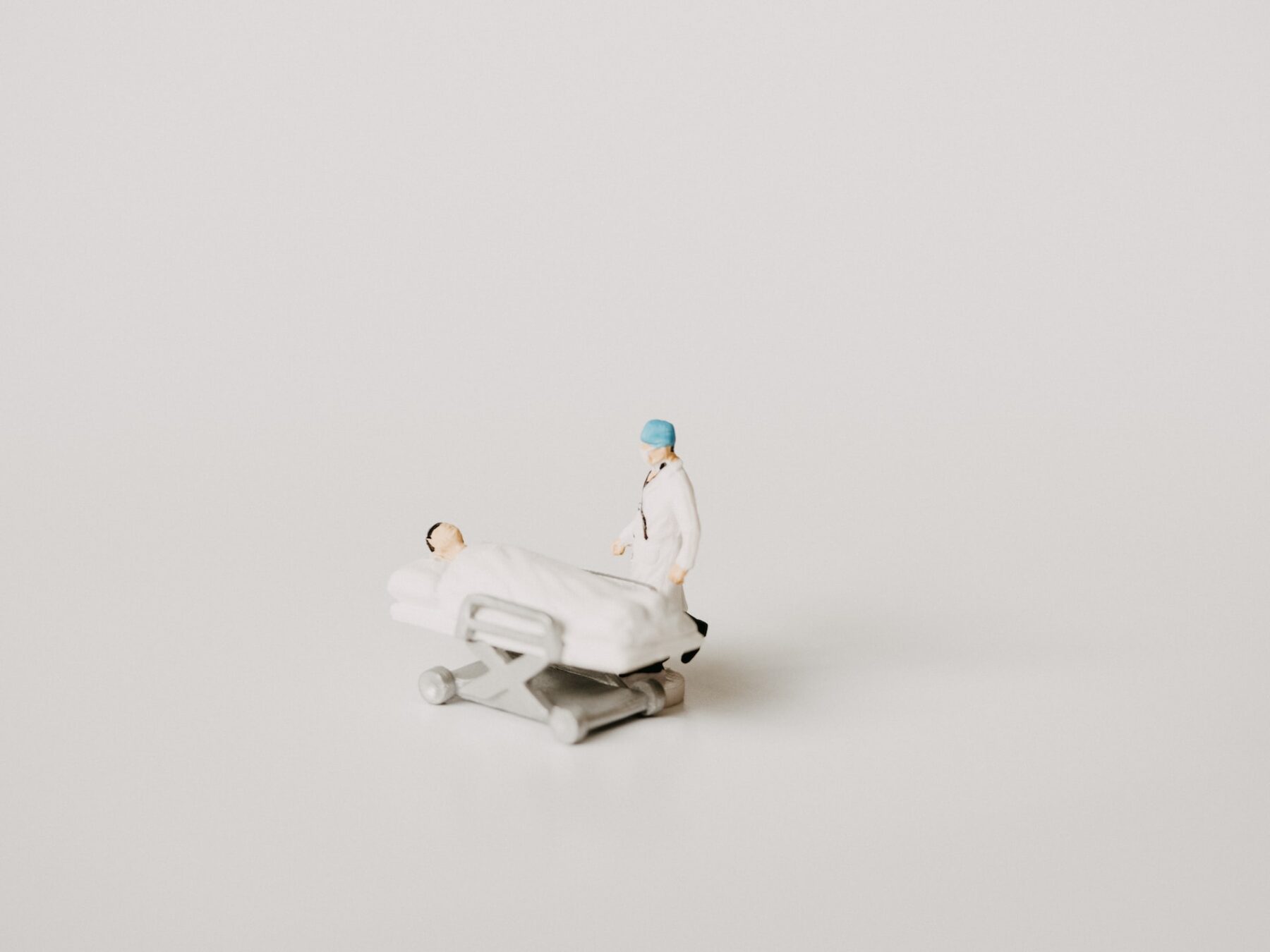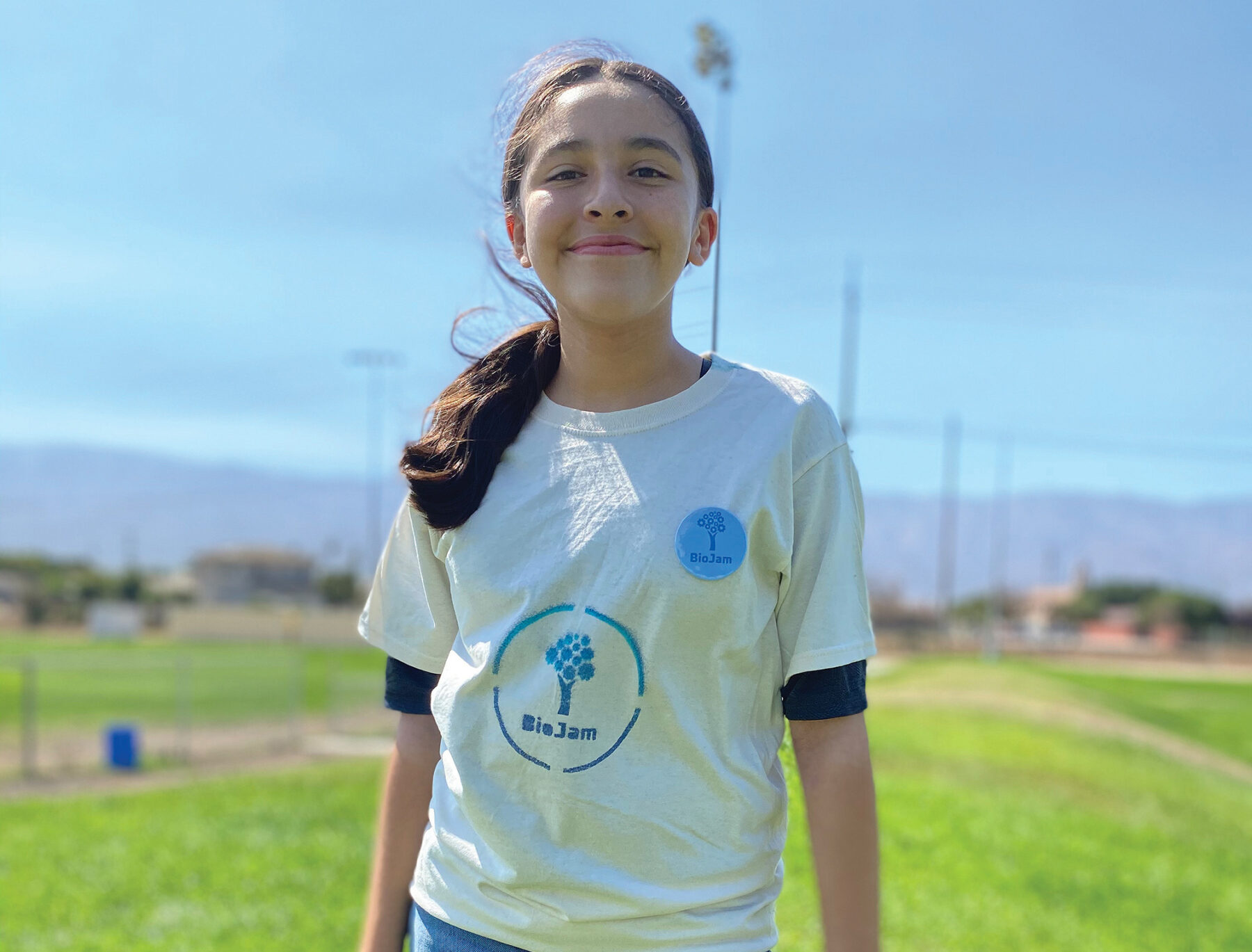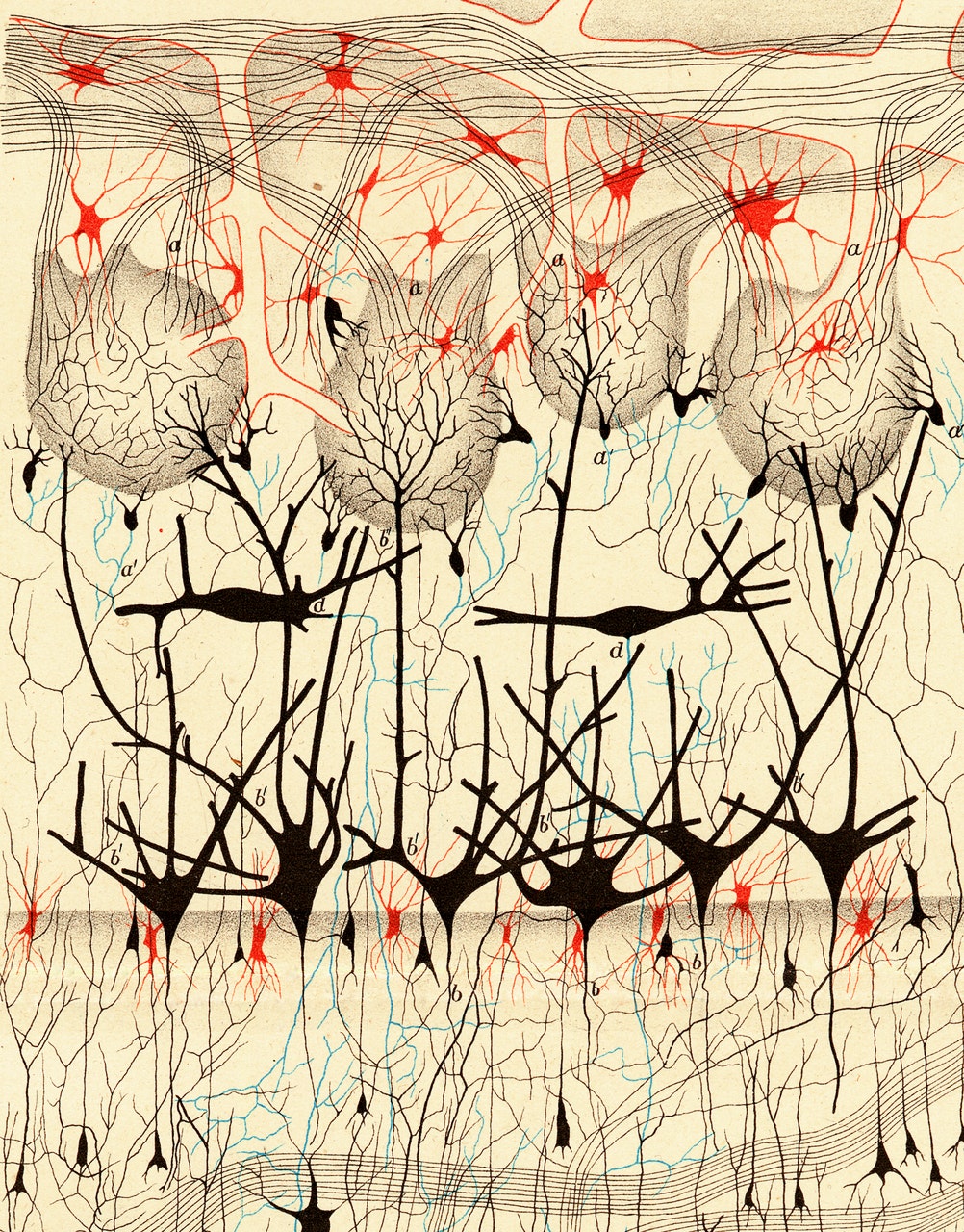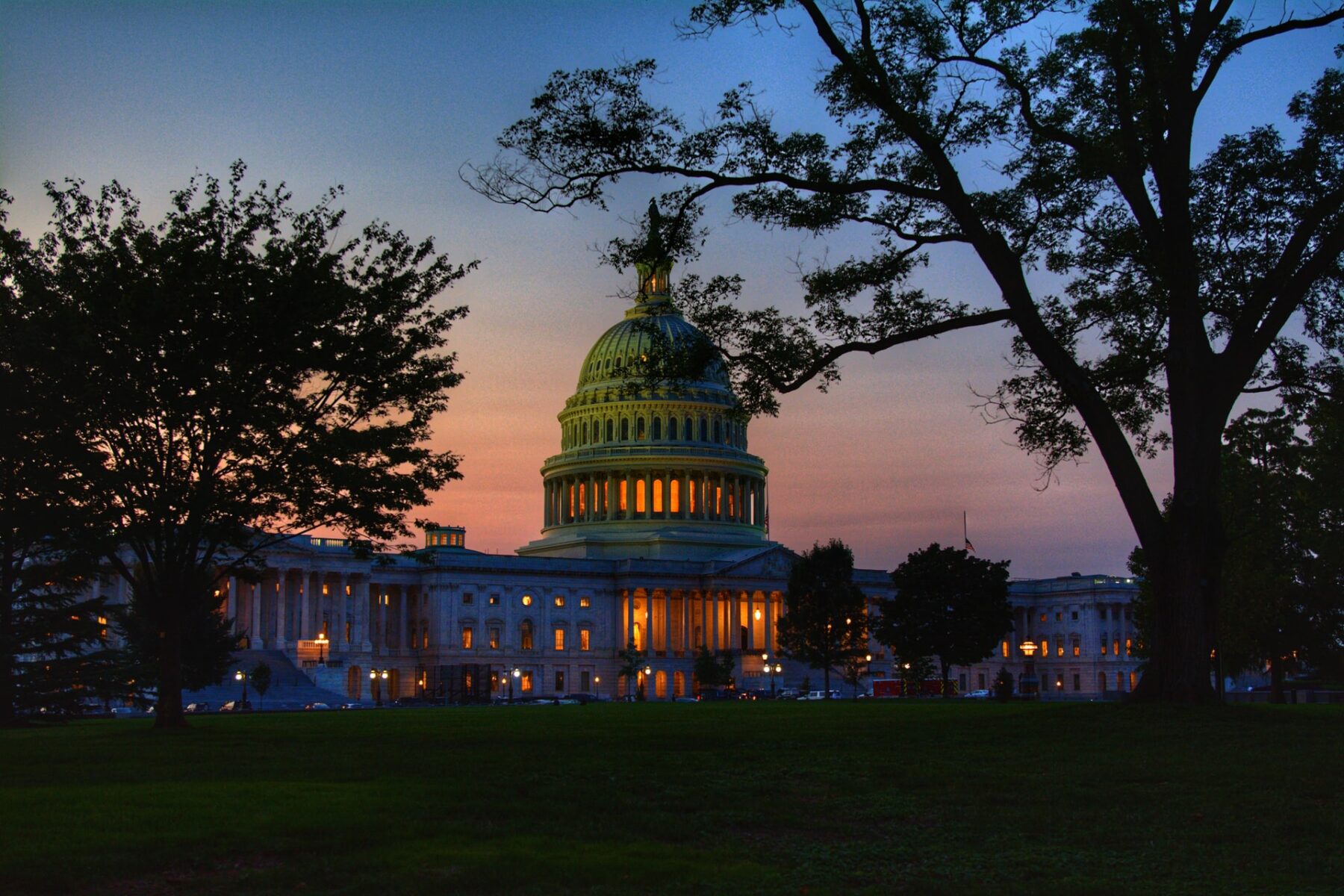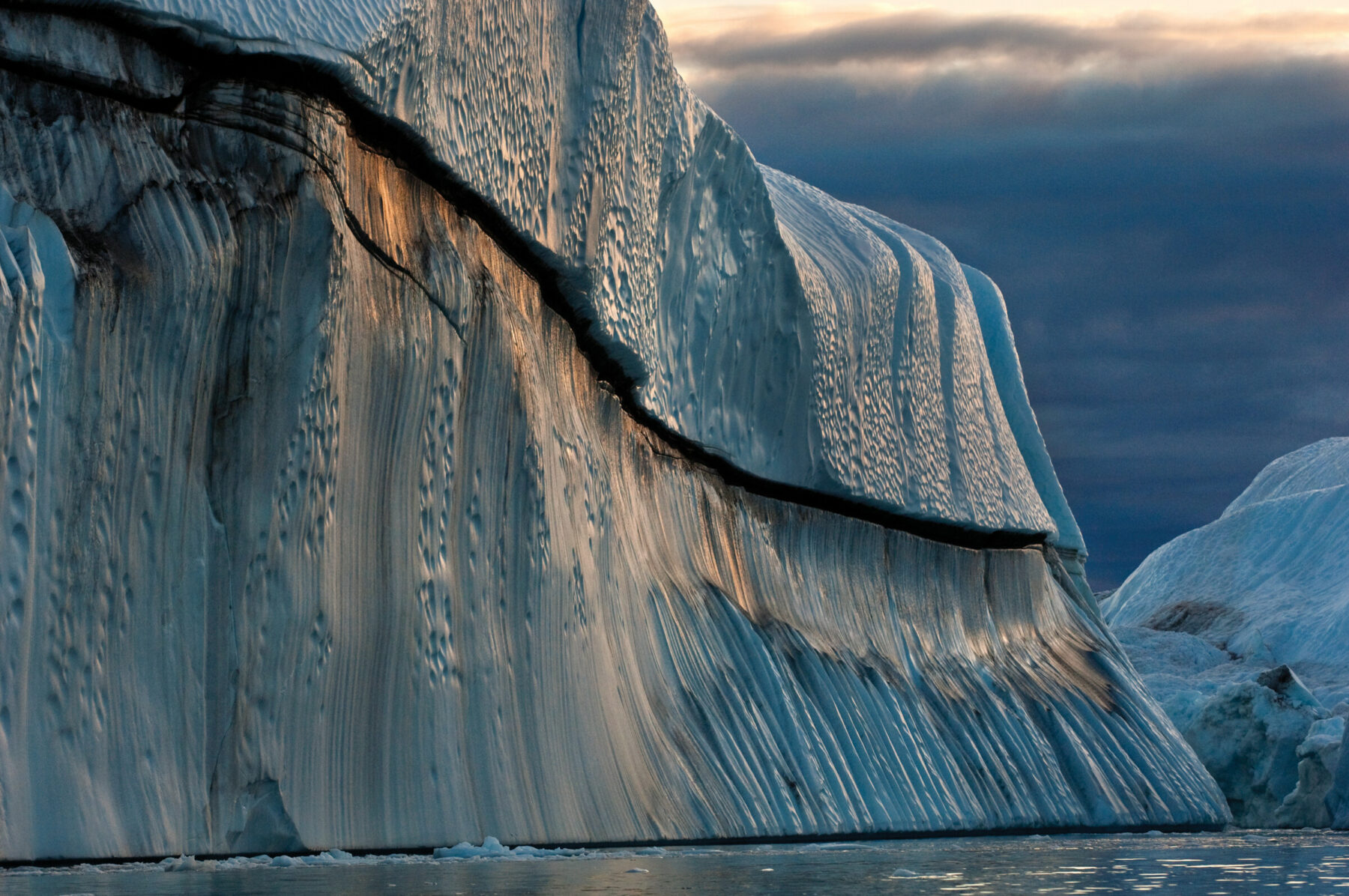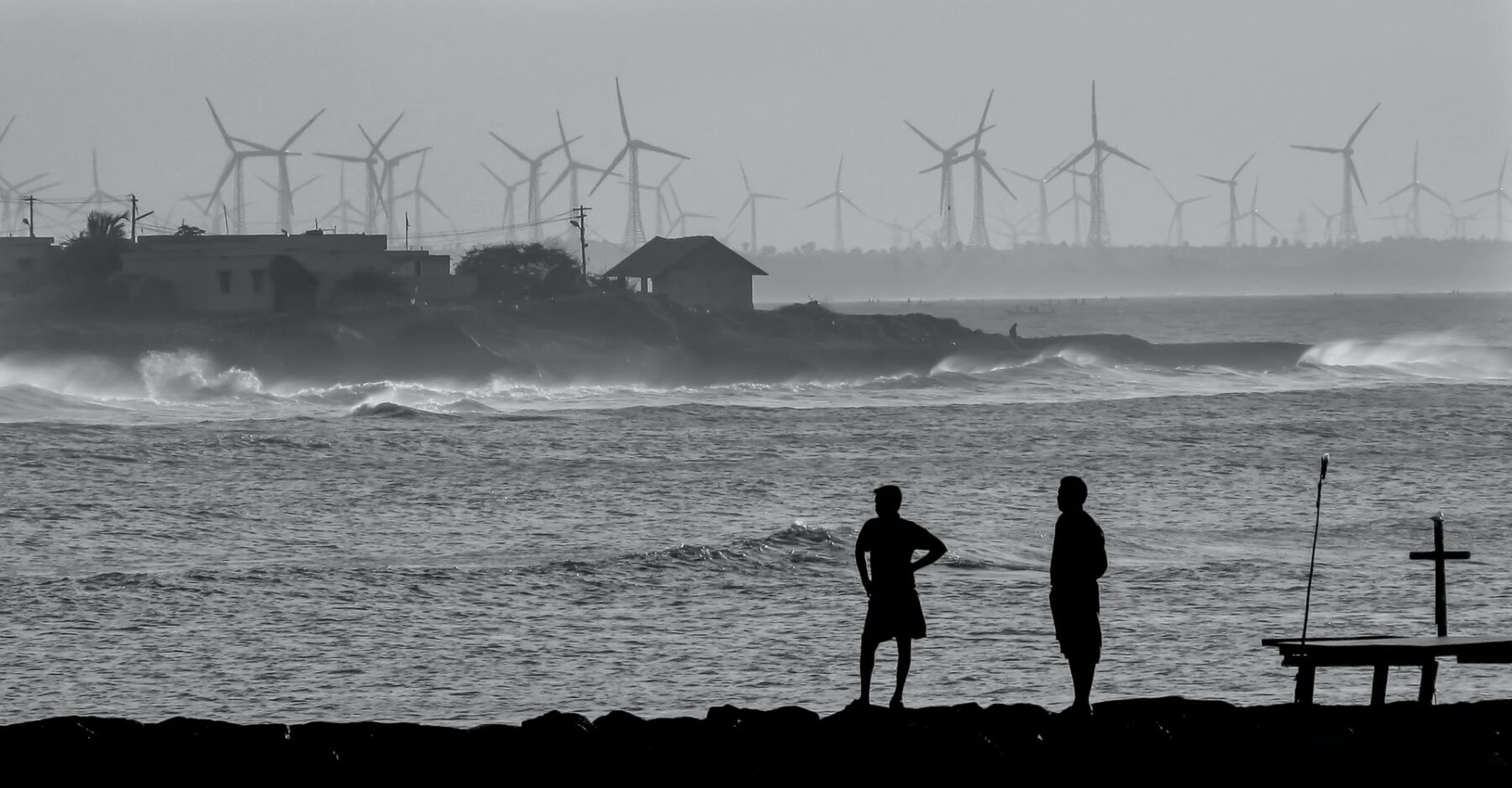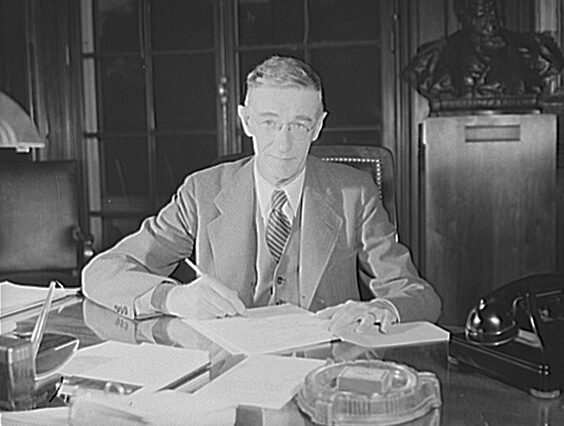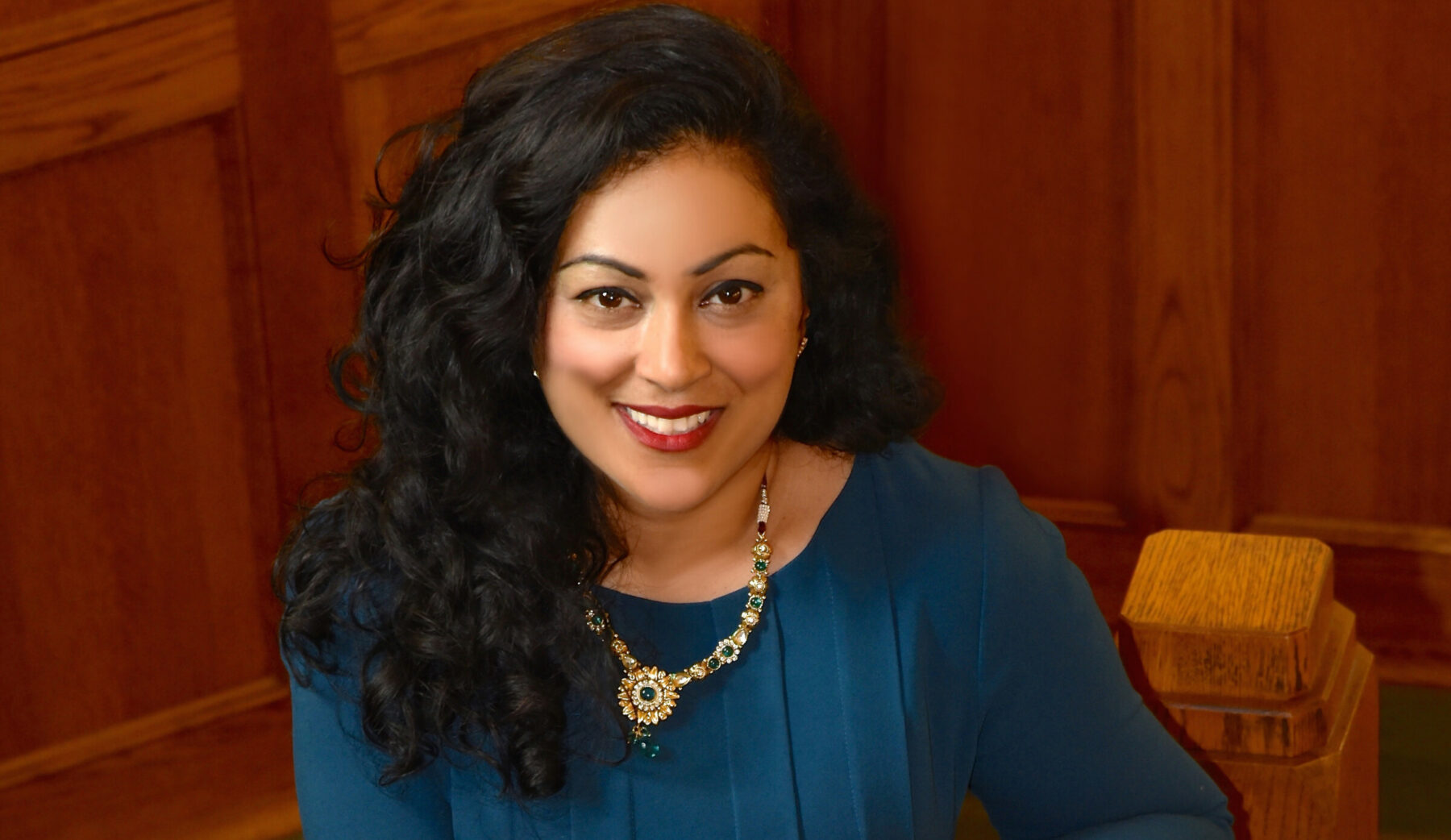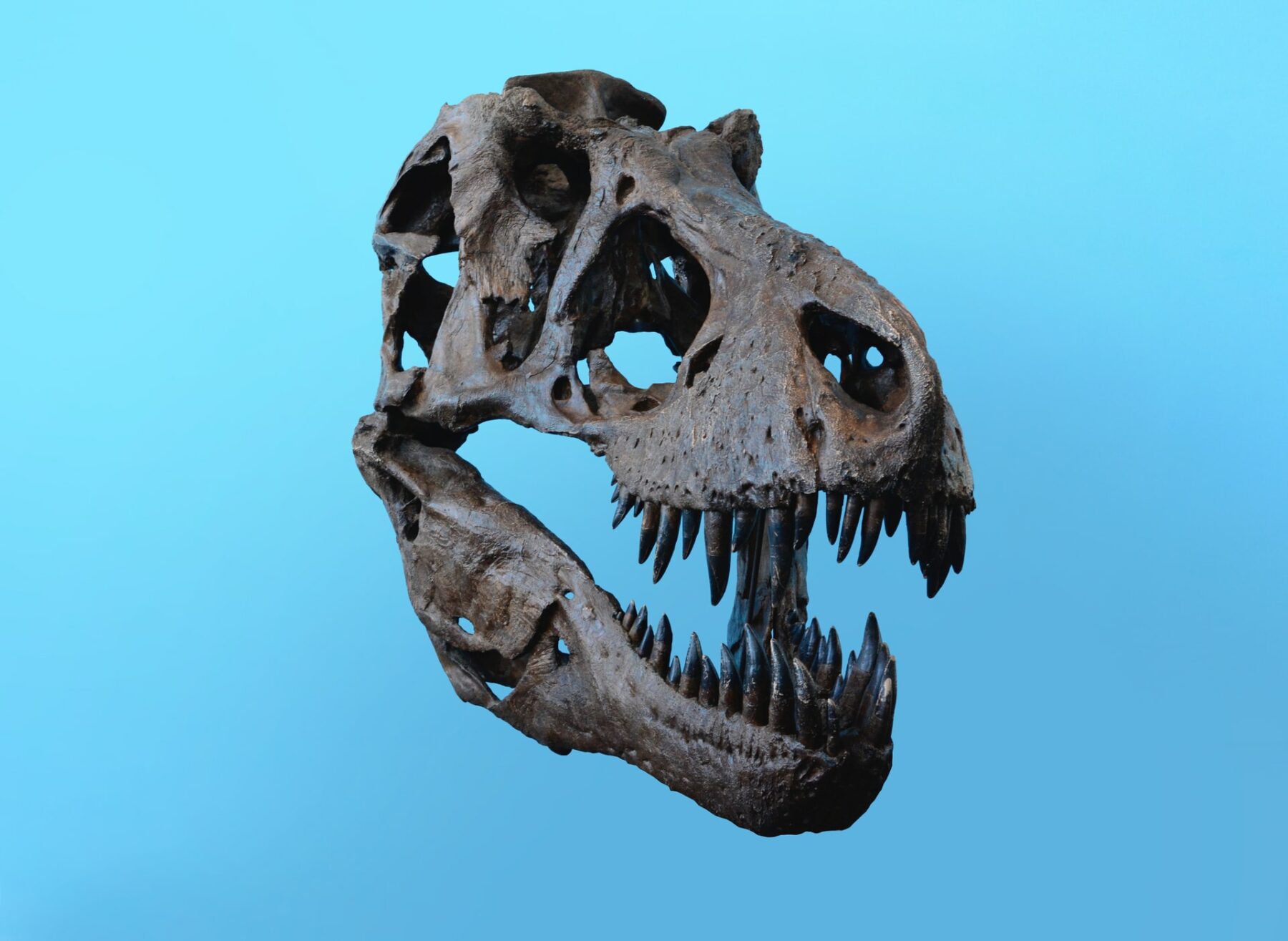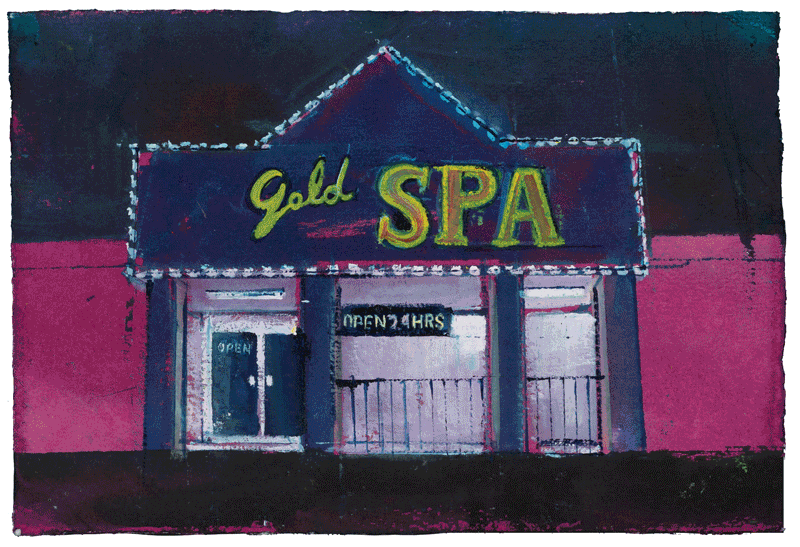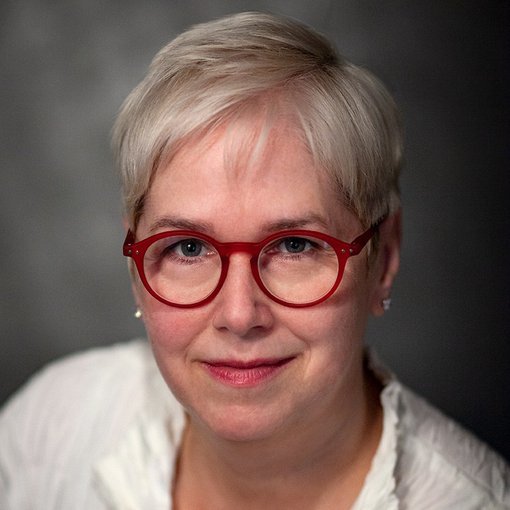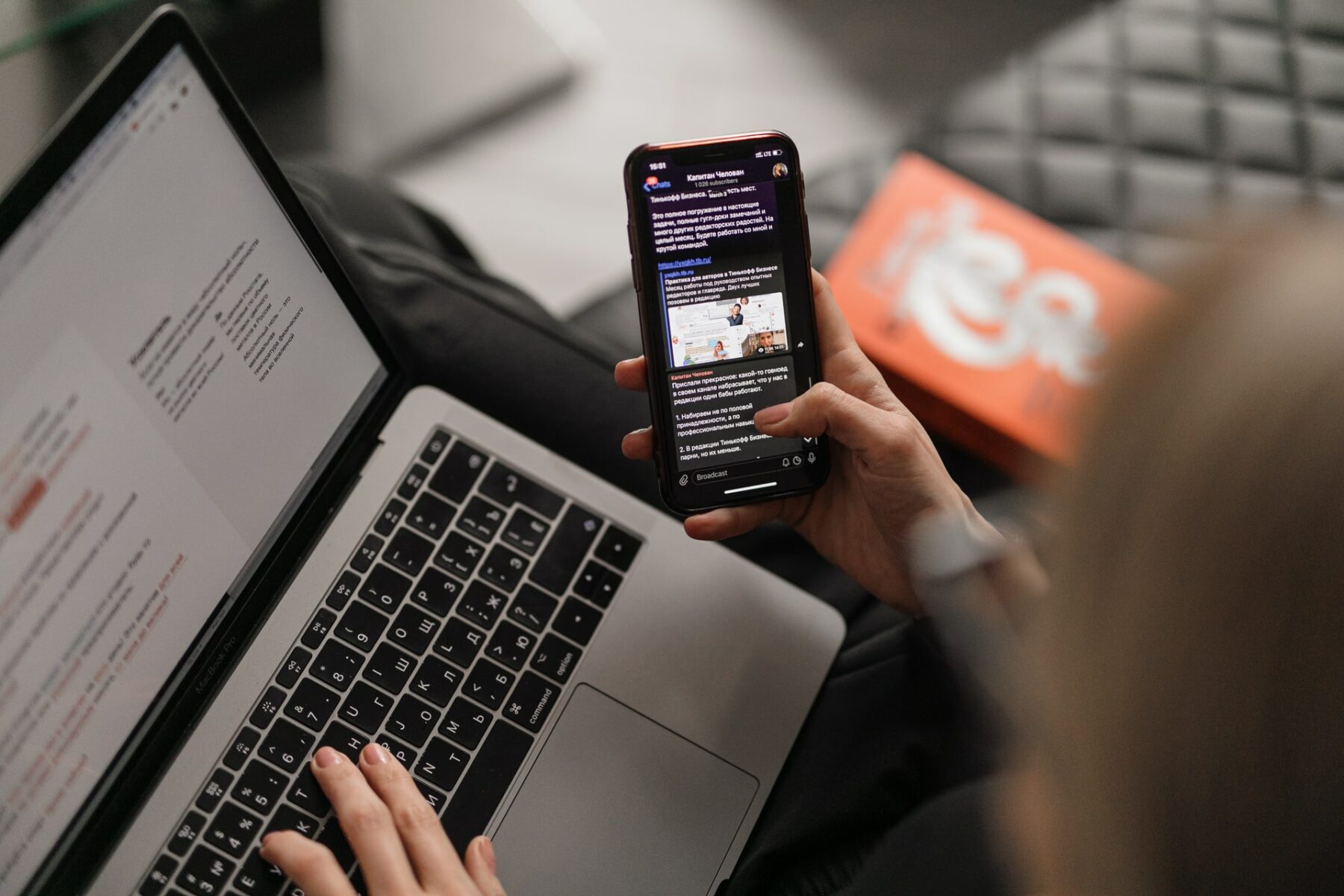For the Issues podcast, we talk with fascinating people to get a behind-the-scenes look at how their research and ideas are transforming our world. Listen and subscribe to The Ongoing Transformation wherever you get your podcasts—or simply click on the links below.
Episode 78

Making AI Chatbots Safer
AI chatbots generate conversations with users and can appear, at times, quite human. J. B. Branch discusses who is using chatbots, what the companies behind these AIs are doing, and how they might be regulated.
Read More
Trailer
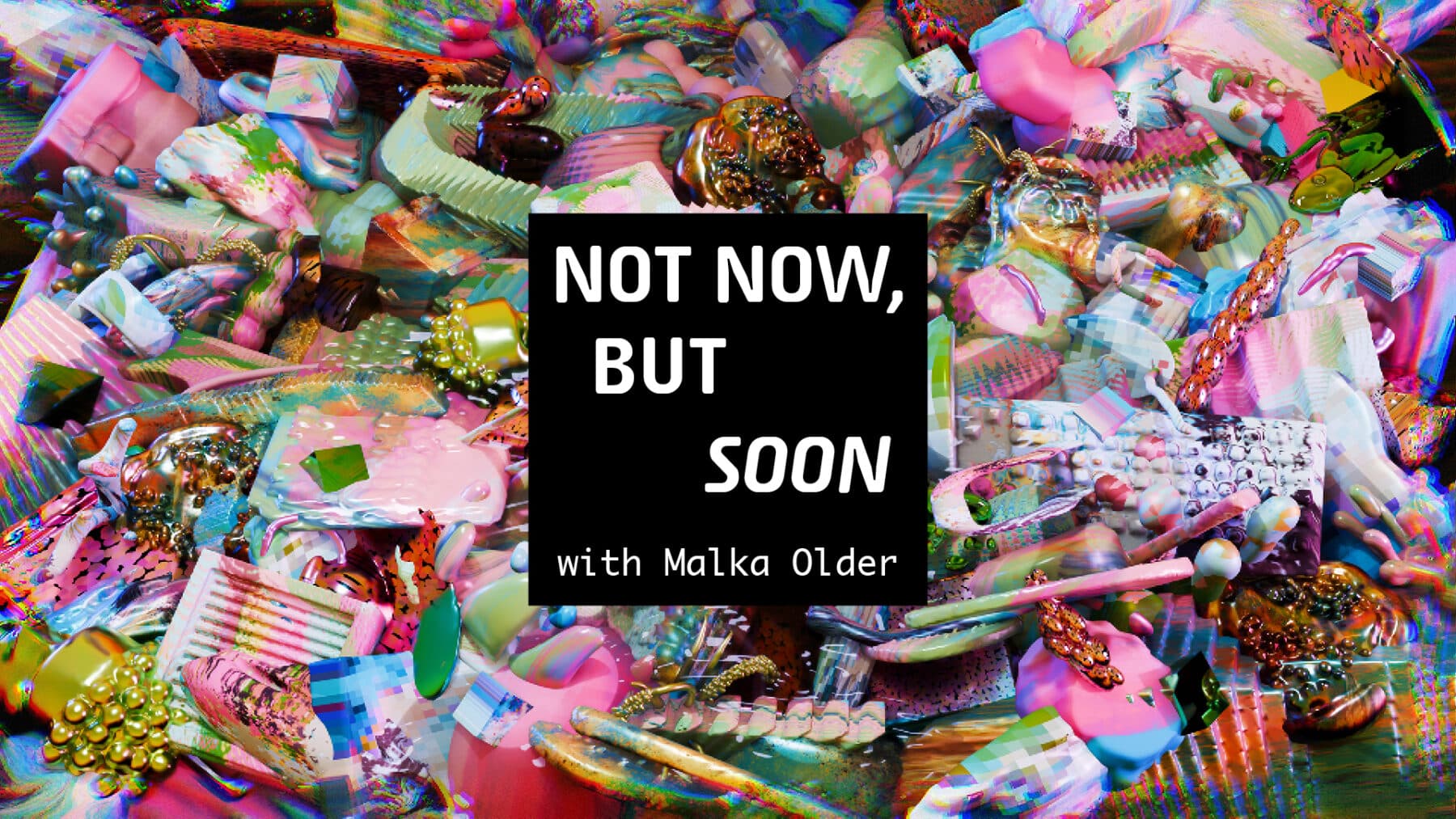
Not Now, But Soon
In our new podcast miniseries, Malka Older challenges the stories we often tell about disasters. What can disasters can teach us about our societies and values? And how can better stories about them help us build better futures?
Read More
Episode 75

How ADHD Affects Adults
Attention-deficit/hyperactivity disorder is the second most prevalent psychiatric disorder in adults. David Goodman explains how ADHD affects adults, the complexities in how it’s diagnosed and treated, and open questions for research in the field.
Read More
Episode 73
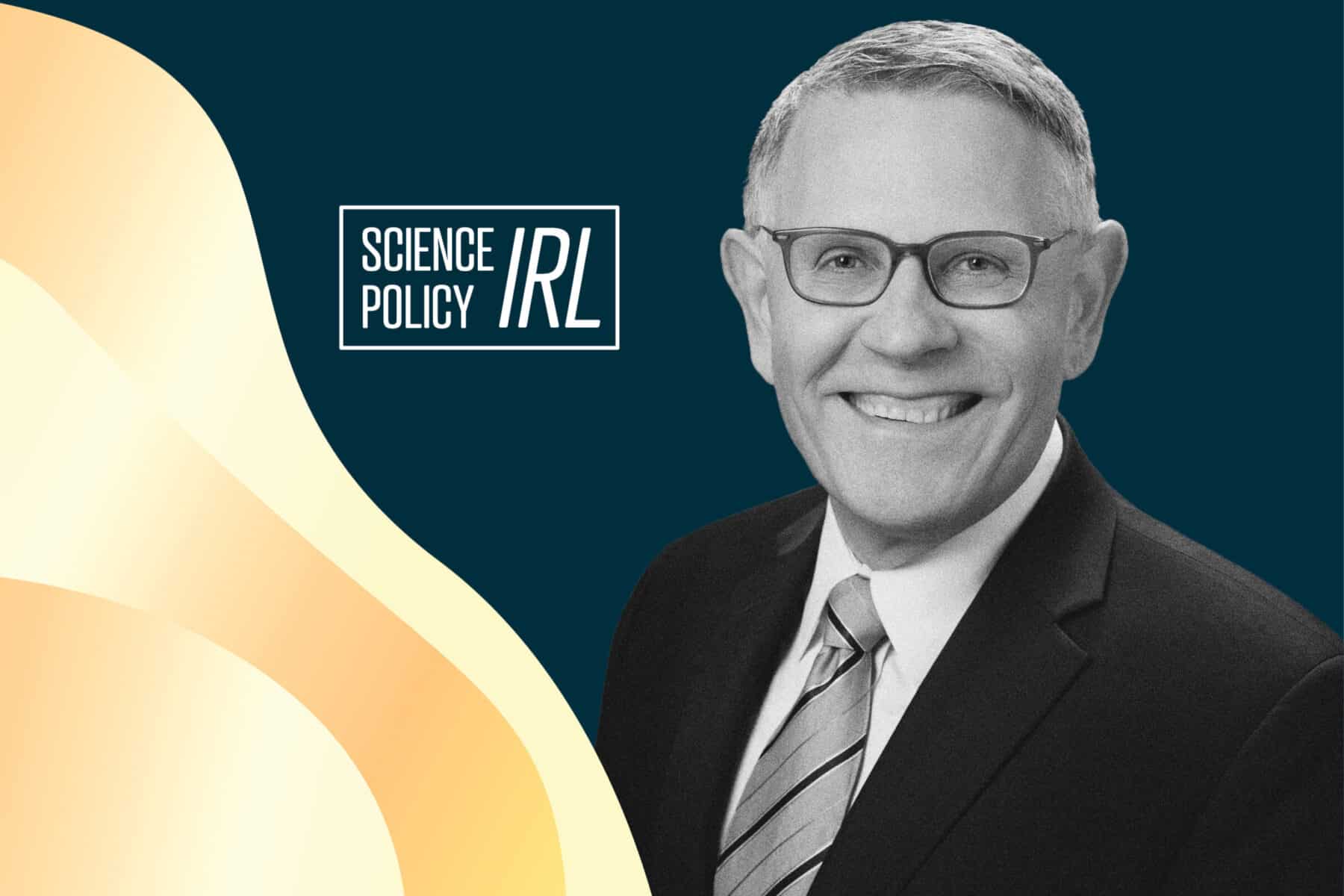
Kelvin Droegemeier Articulates a Vision for American Science
Kelvin Droegemeier, director of the White House Office of Science and Technology Policy from 2019–2021, shares what it’s like to work on science policy at the state and federal levels, discusses what he sees as the pressing science policy issues of our time, and reflects on his leadership roles in academia and government.
Read More
Episode 72

Music and Health: Your Brain on Music
What happens in your brain when you hear your favorite song? On this episode of Music and Health, Sweta Adatia and Fred Johnson discuss how music impacts the brain, and how music can go beyond entertainment to create stronger, healthier communities.
Read More
Episode 69

Music and Health: Dancing Together
On this episode of Music and Health, David Leventhal and Constantina Theofanopoulou discuss how dance classes can help Parkinson’s patients regain their movement abilities and connections with other people, and improve their quality of life. What does neuroscience research say about dance as a form of healing?
Read More
Episode 68

How Do You Solve a Problem Like Misinformation?
Vaccines, oil spills, genetic engineering, and stem cells—anywhere there’s science, there’s also misinformation. It muddies our ability to make good decisions, and undermines trust in scientific institutions and society. How can we address it? On this episode, Asheley Landrum discusses what exactly science misinformation is, how to tackle it, and the unexpected places it can arise.
Read More
Episode 67

Music and Health: The Creative Arts and Healing
In our new mini-series, Music and Health, we’ll explore the power of music to heal our minds, bodies, and even communities. Renée Fleming and Susan Magsamen discuss health and arts research, current initiatives to use the arts to heal, and how this vital approach to care can be expanded.
Read More
Episode 66
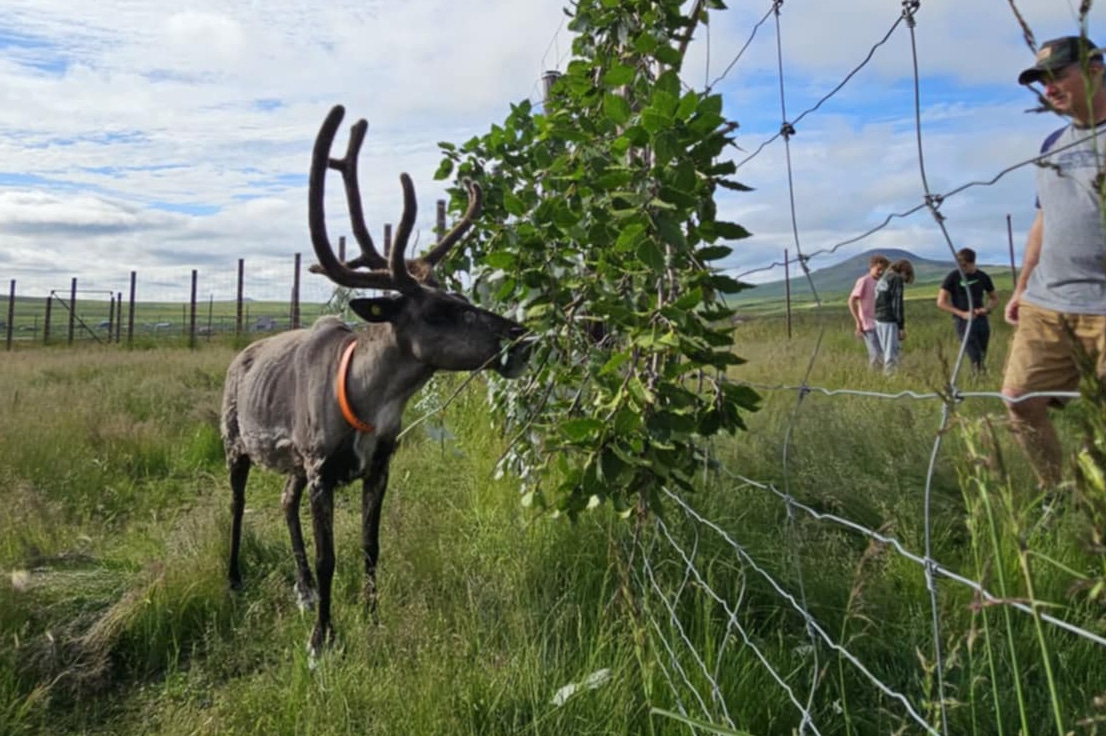
Reindeer!
In Alaska, reindeer provide food security and economic opportunities for the Alaskan Native community. Reindeer herding is an excellent example of science and policy in action at the local level. Even more so than farming, reindeer herding requires a deep understanding of the needs of Indigenous communities and academic science—as well as how to navigate and influence local, state, and federal policies.
Read More
Episode 64
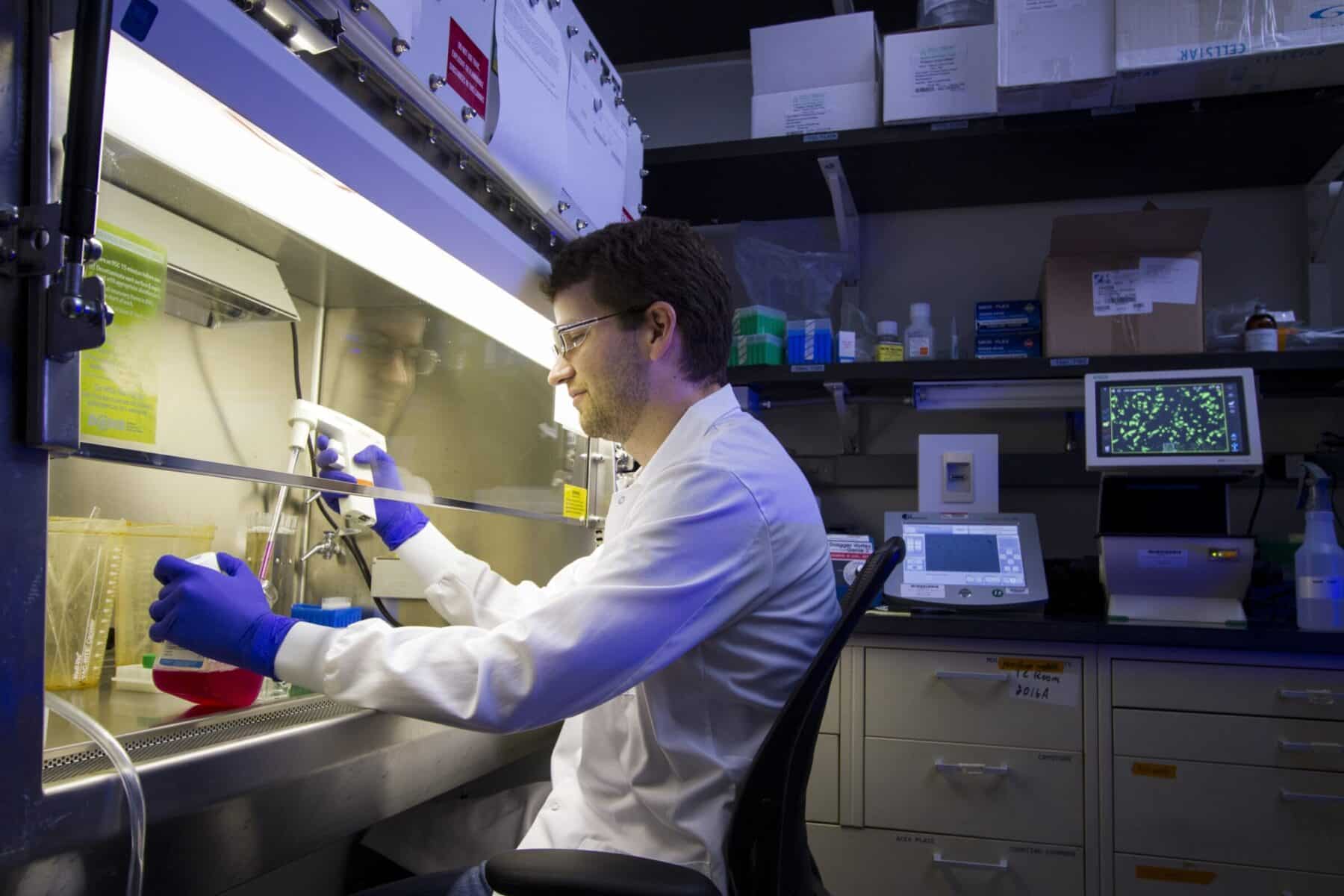
A Cutting-Edge Bureaucracy
The word “bureaucracy” conjures up images of red tape and long lines at the DMV, not cutting-edge innovation. But Natalie Aviles argues that some of the most significant scientific and health innovations of the past century have actually come from scientist-bureaucrats at government research institutes.
Read More
Episode 63
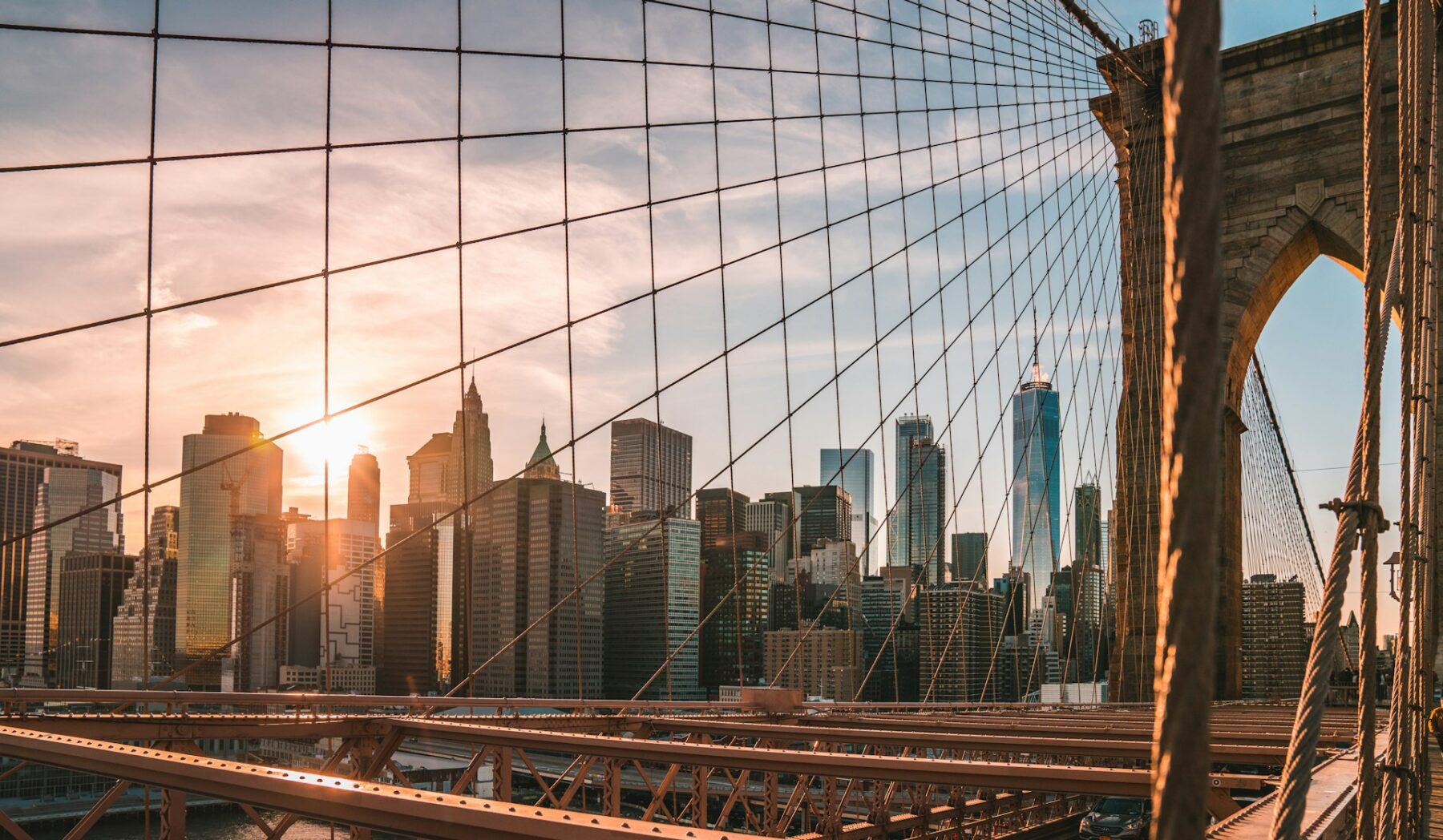
The Hidden Engineering That Makes New York Tick
New York City is the perfect place to understand the importance of modern engineering, but the most valuable lessons won’t be found at the Empire State Building or in Central Park. To truly understand how modern life works, Guru Madhavan looks at the uncelebrated elements of New York infrastructure: its sewers, bridges, and elevators.
Read More
Episode 62

Ending Inequities in Health Care
The US health care system is designed in such a way that racial and ethnic disparities are inevitable, and the differences are extreme: the life expectancy difference between white women and black men is over a decade. Sara Frueh talks to Georges Benjamin about how to fix the system to ensure health care equity for all.
Read More
Episode 61

Uncovering Hidden Bias in Clinical Research
Lisa Bero has been at the forefront of understanding how corporate funding biases research and how to assess what scientific evidence is reliable. She talks about her investigations into the tobacco and pharmaceutical industries, techniques industries use to shape evidence to favor their products, and the importance of independent research to inform policy.
Read More
Episode 60
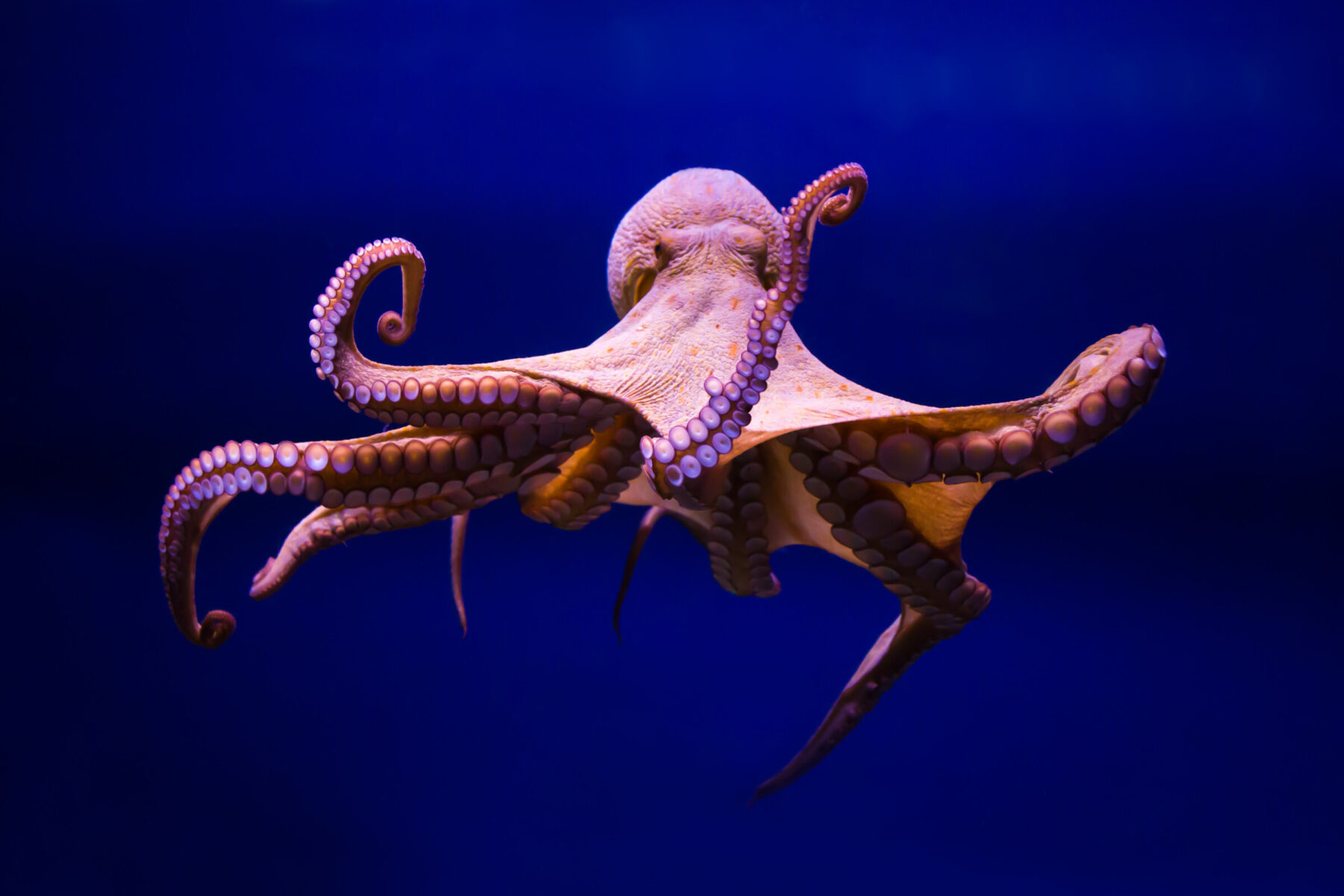
How the Octopus Got to the Senate
Should octopus be farmed? This question is being debated in several pieces of legislation right now, including a bipartisan US Senate bill. For Jennifer Jacquet, the answer is a resounding no. She discusses why octopuses are poor candidates for farming, the growing social movements around octopus protection, and why we need public conversations about new technologies before investments begin.
Read More
Episode 56
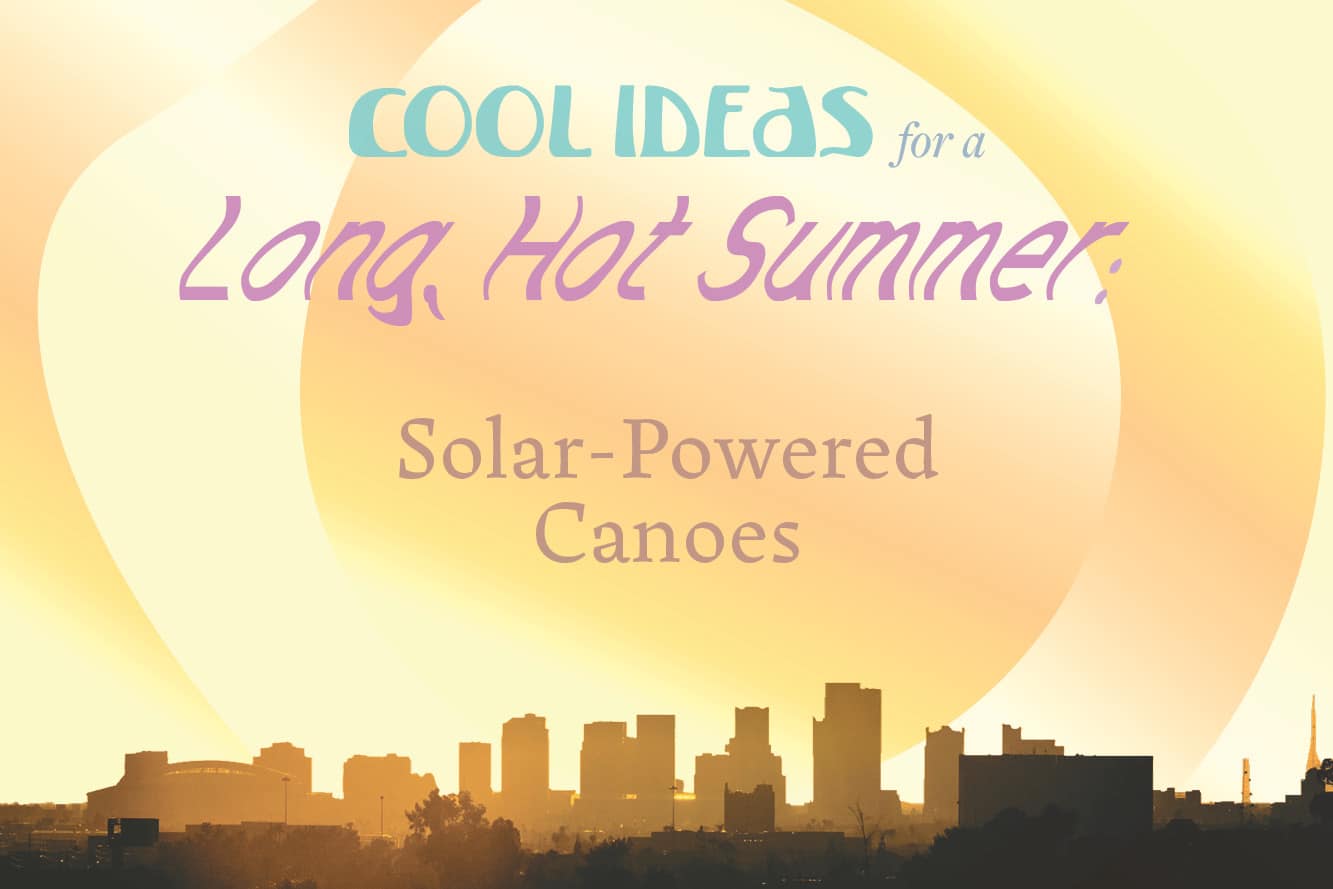
Cool Ideas for a Long Hot Summer: Solar-Powered Canoes
Solar Canoes Against Deforestation is developing a solar-powered canoe that can bring renewable energy and sustainable infrastructure to the Amazon. David Manuel-Navarrete tells us the story of canoe, which offers lessons about how to meaningfully work with communities to understand their needs and co-produce solutions.
Read More
Episode 55
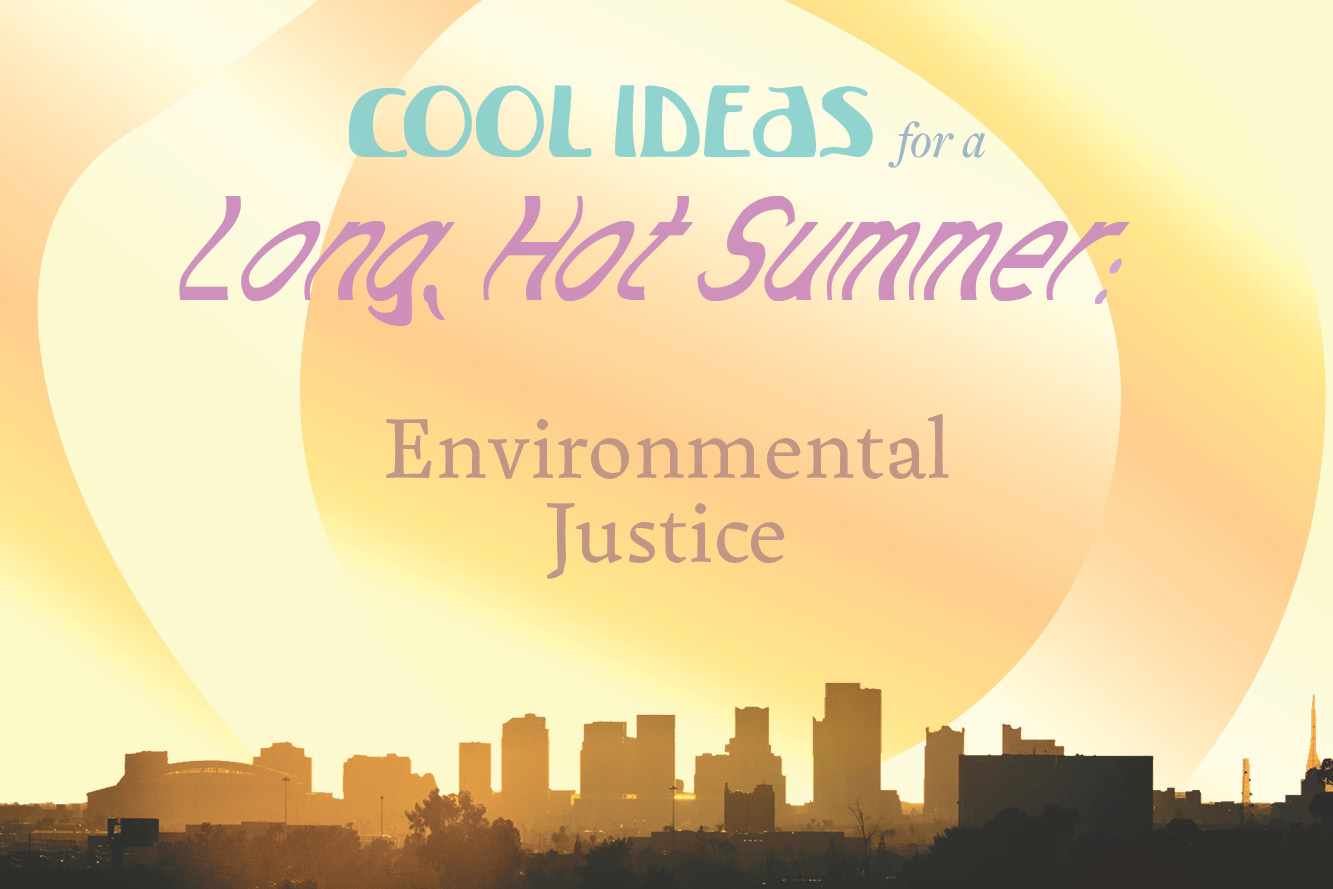
Cool Ideas for a Long Hot Summer: Environmental Justice
Issues is working with ASU’s Global Futures Lab to highlight ideas about how to mitigate and adapt to climate change on our miniseries
Cool Ideas for a Long, Hot Summer. On this episode, Danae Hernandez-Cortes shares how economics can be used to advance environmental justice and protect disadvantaged communities.
Read More
Episode 53
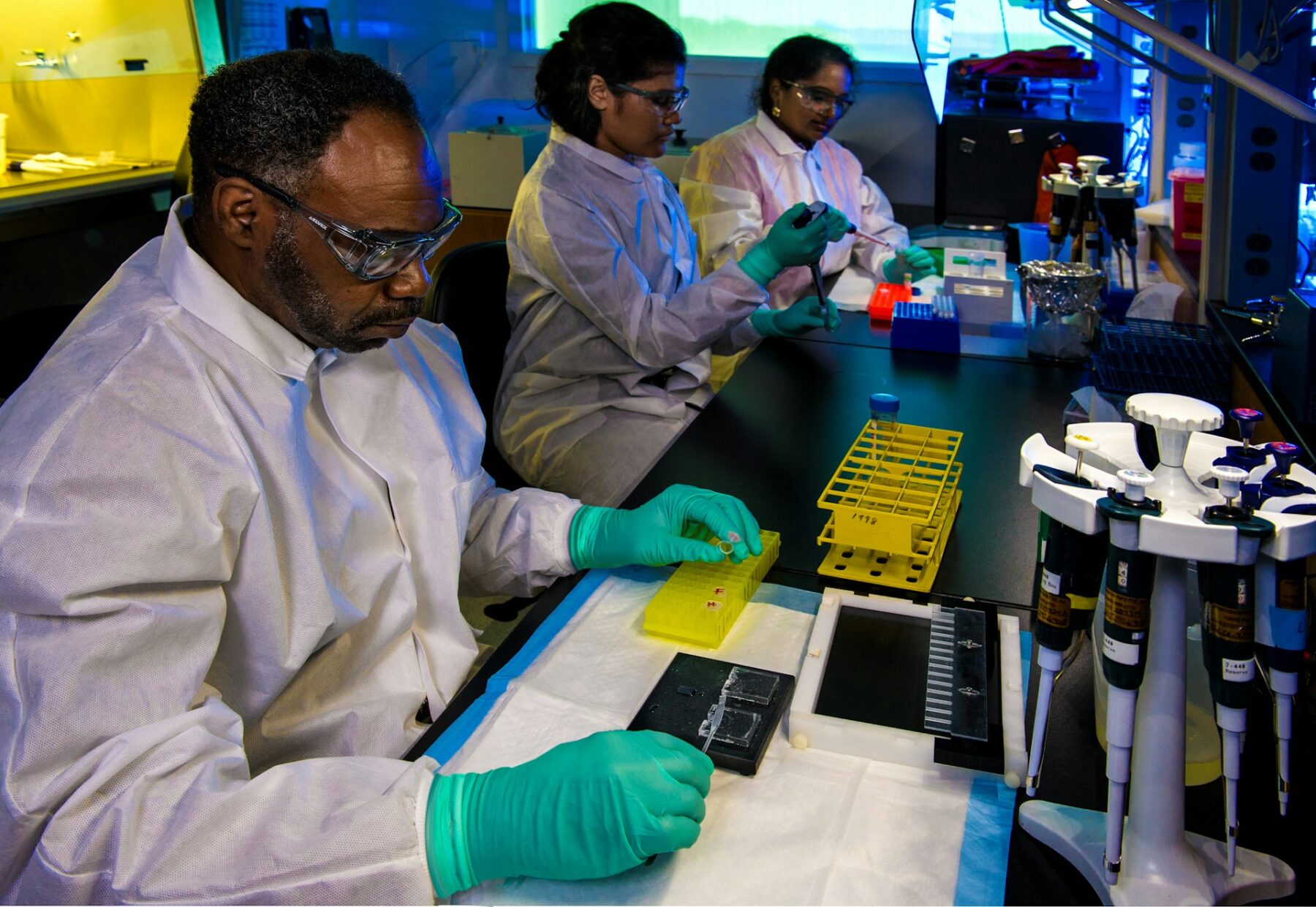
A Road Map for a New Era in Biology and Medicine
RNA—the lesser-known cousin of DNA—has been in the news over recently: the COVID-19 virus is made of RNA, as are the vaccines to combat it. Technologies based on RNA could lead to innovations in biology, medicine, agriculture, and beyond, but researchers have only scratched the surface of understanding what RNA is capable of. On this episode, host Monya Baker is joined by Lydia Contreras, professor of chemical engineering at the University of Texas, Austin, to discuss what RNA is and the challenges and potential of efforts to better understand it.
Read More
Episode 52
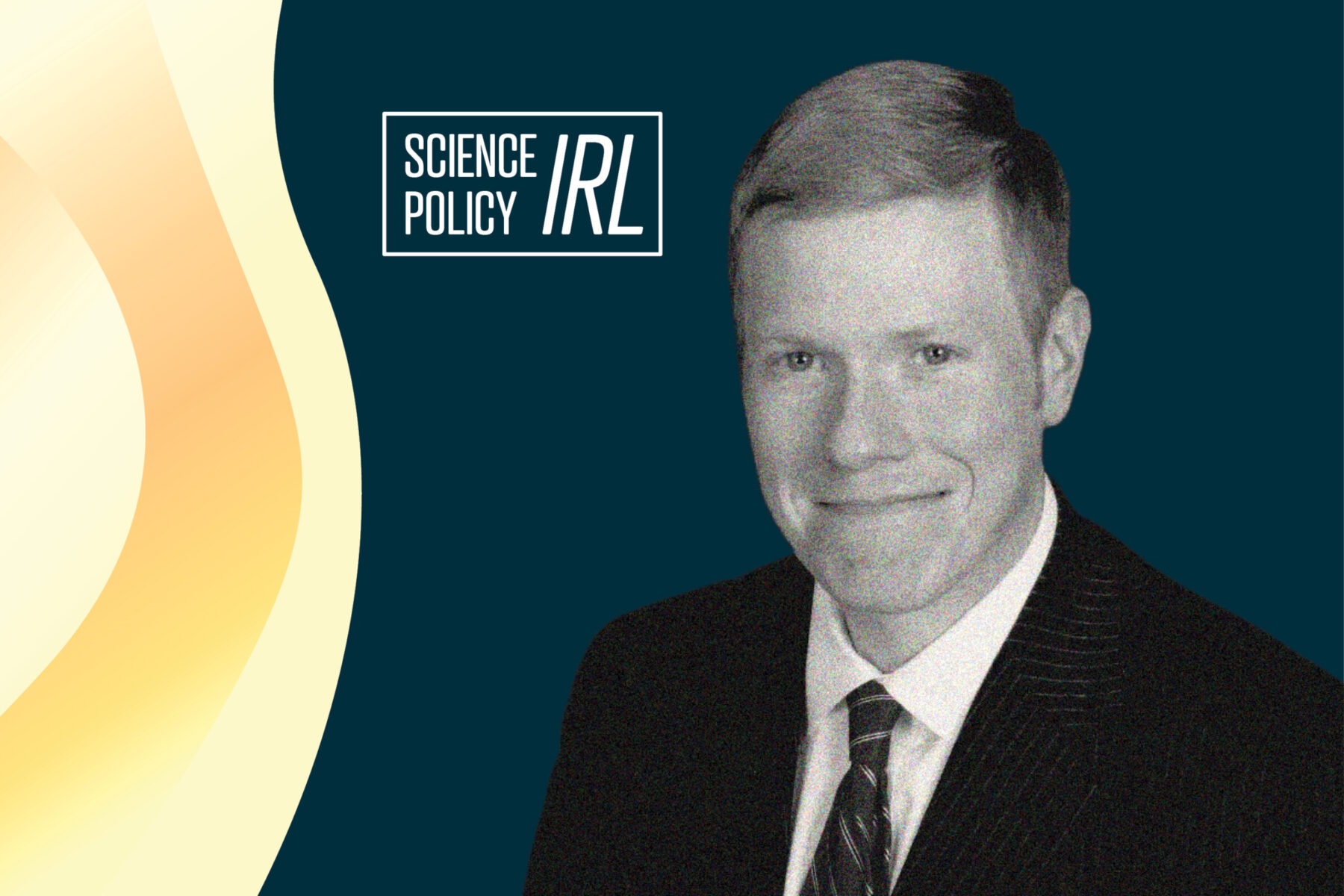
Brent Blevins Makes Mars Policy in Congress
Brent Blevins is a senior congressional staffer and staff director of the Space and Aeronautics Subcommittee, which is part of the US House of Representatives’ Committee on Space, Science, and Technology. On this installment of Science Policy IRL, he explains what staffers in the House and Senate do in the science policy world, and his unusual path into science policy.
Read More
Episode 51
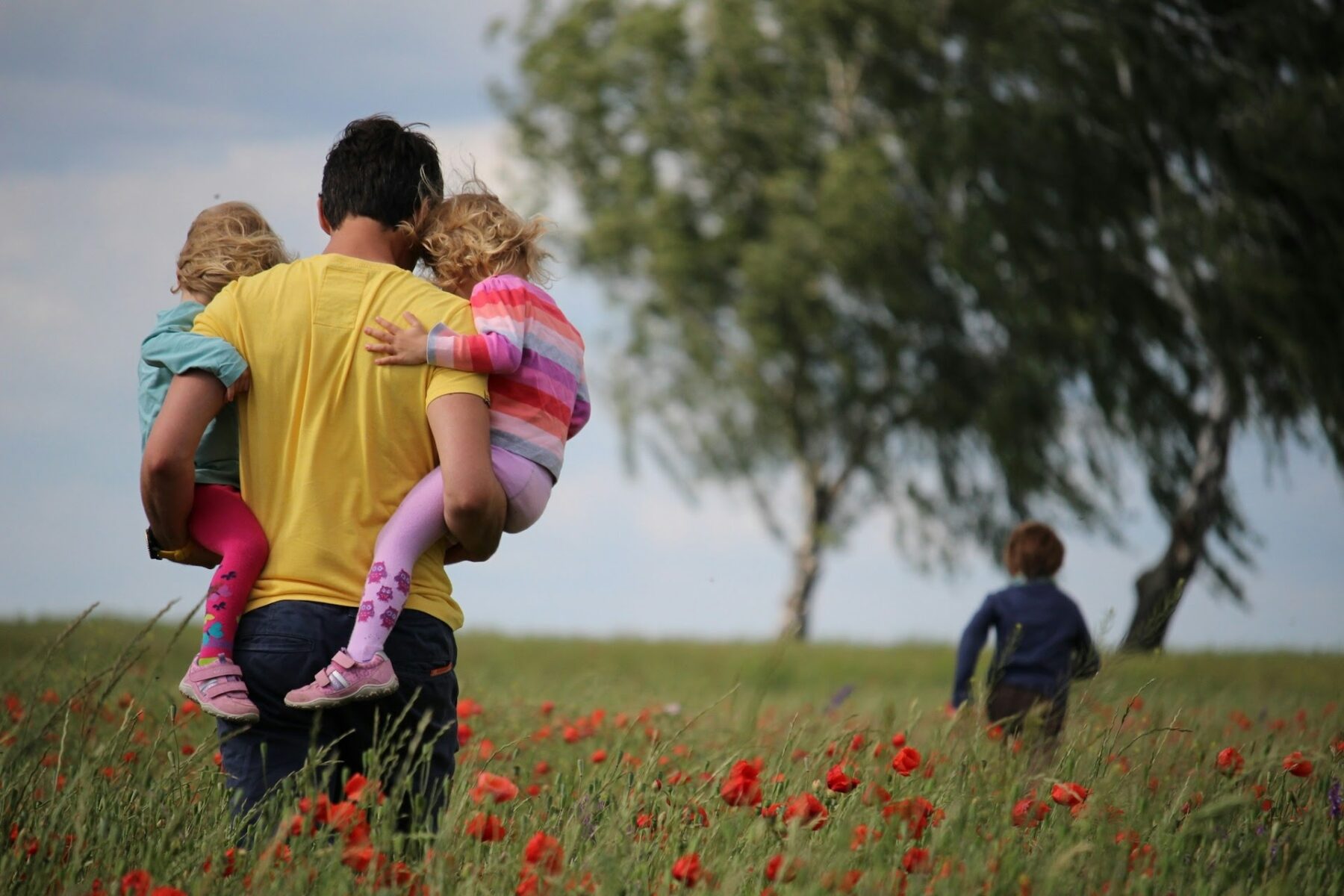
How Can STEMM Do A Better Job of Caring for Its Caregivers?
Caregiving is a nearly universal human experience, but caring for loved ones is often seen as a taboo subject. The pressure to be an ideal worker drives many to leave the STEMM workforce. On this episode, Elena Fuentes-Afflick talks about how complex and poorly implemented family caregiving policies and bad workplace cultures are hurting the STEMM workforce, and how to fix it.
Read More
Episode 50
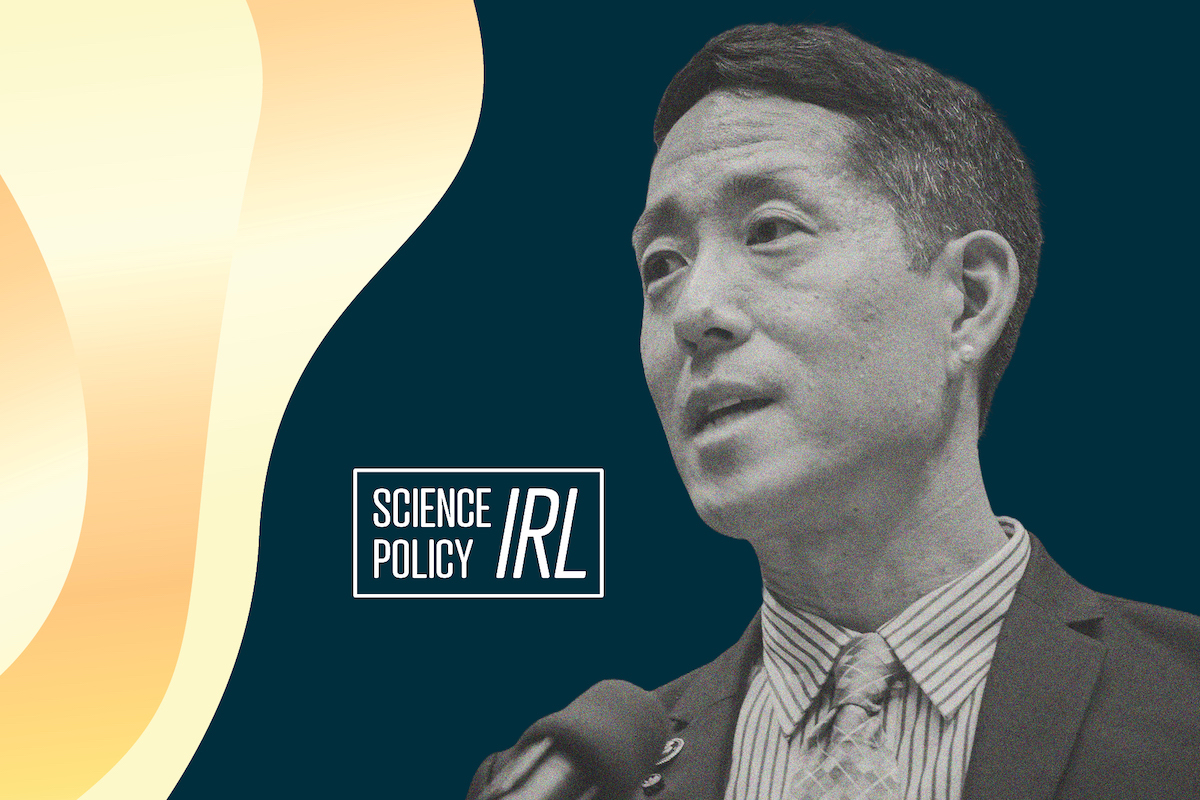
Kei Koizumi Advises the President
As the principal deputy director for policy at the White House’s Office of Science and Technology Policy, Kei Koizumi occupies an unusual position at the very heart of science policy in the United States. Koizumi talks to Lisa Margonelli about what he does at OSTP, how he got there, and the exciting developments in science and tech policy that get him out of bed every day.
Read More
Episode 49
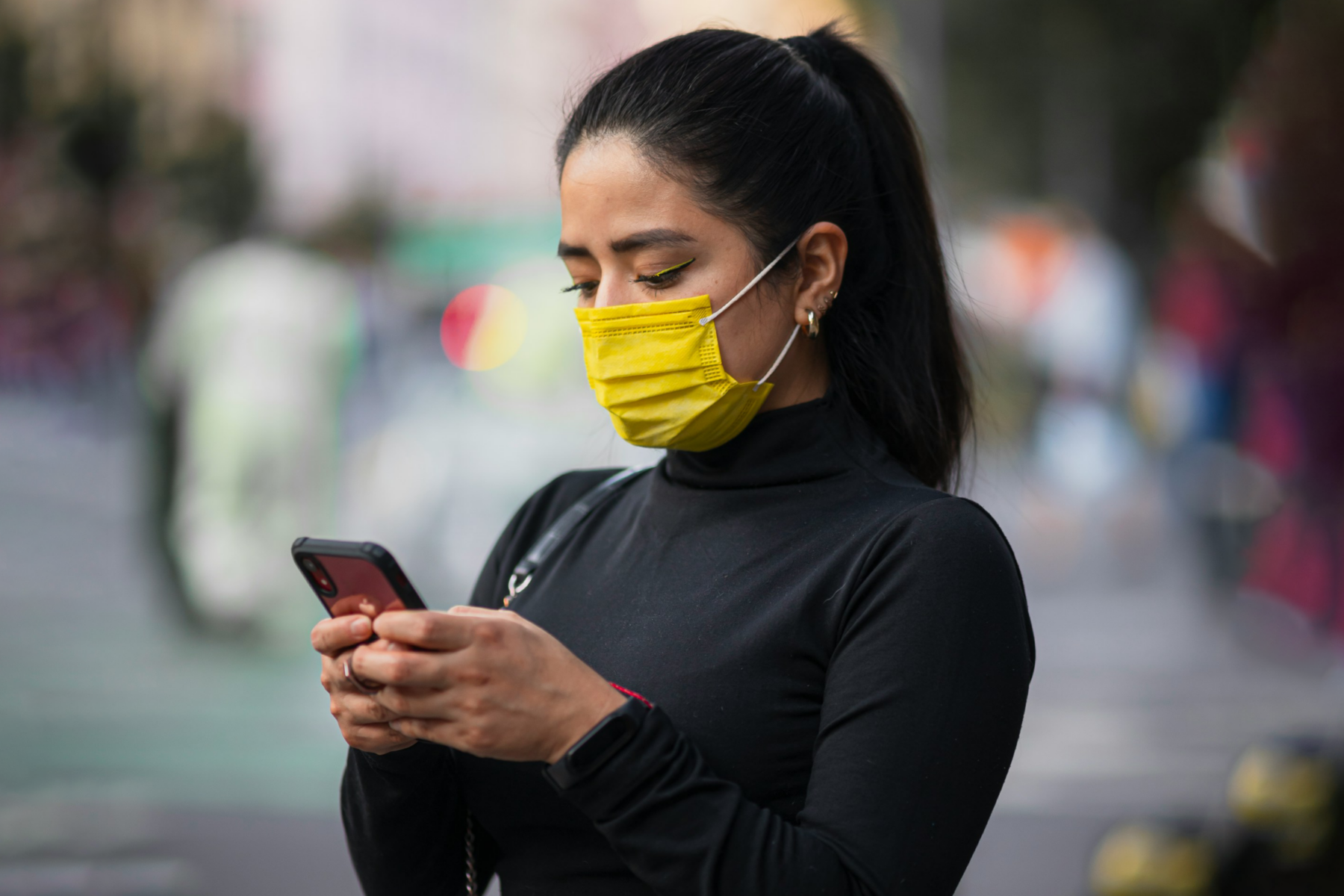
To Fix Health Misinformation, Think Beyond Fact Checking
On the latest episode of
The Ongoing Transformation, editor Monya Baker talks with global health professionals Tina Purnat and Elisabeth Wilhelm about how public health workers, civil society organizations, and others can counter misinformation by understanding and meeting communities’ information needs.
Read More
Episode 48
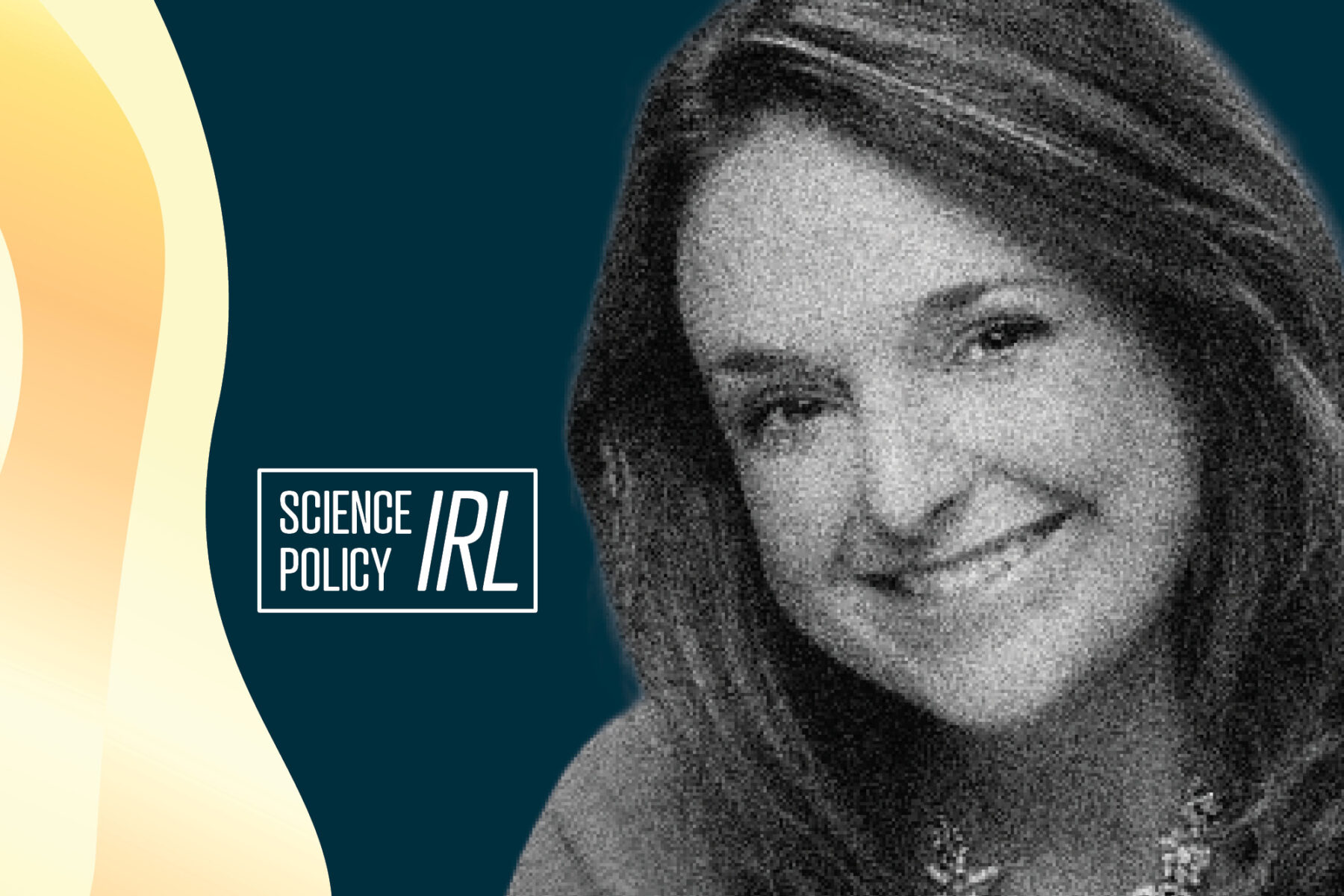
Amanda Arnold Sees the Innovation Ecosystem from a Unique Perch
In this installment of
Science Policy IRL, we explore another sector of science policy: private industry. Amanda Arnold, vice president of governmental affairs and policy at Valneva, a private vaccine development company, talks about the role industry plays in the science policy enterprise and what she has learned about the US innovation ecosystem from working across sectors.
Read More
Episode 47

This Eclipse Could Make You Cry–And Make New Scientists
Celestial events such as the recent total solar eclipse are awe-inspiring, but public engagement opportunities like these are often seen as separate from the work of actual scientists. On this episode, we talk to astronomer Douglas Duncan about how he has worked to bridge this gap and invite the public into the joy of science.
Read More
Episode 46
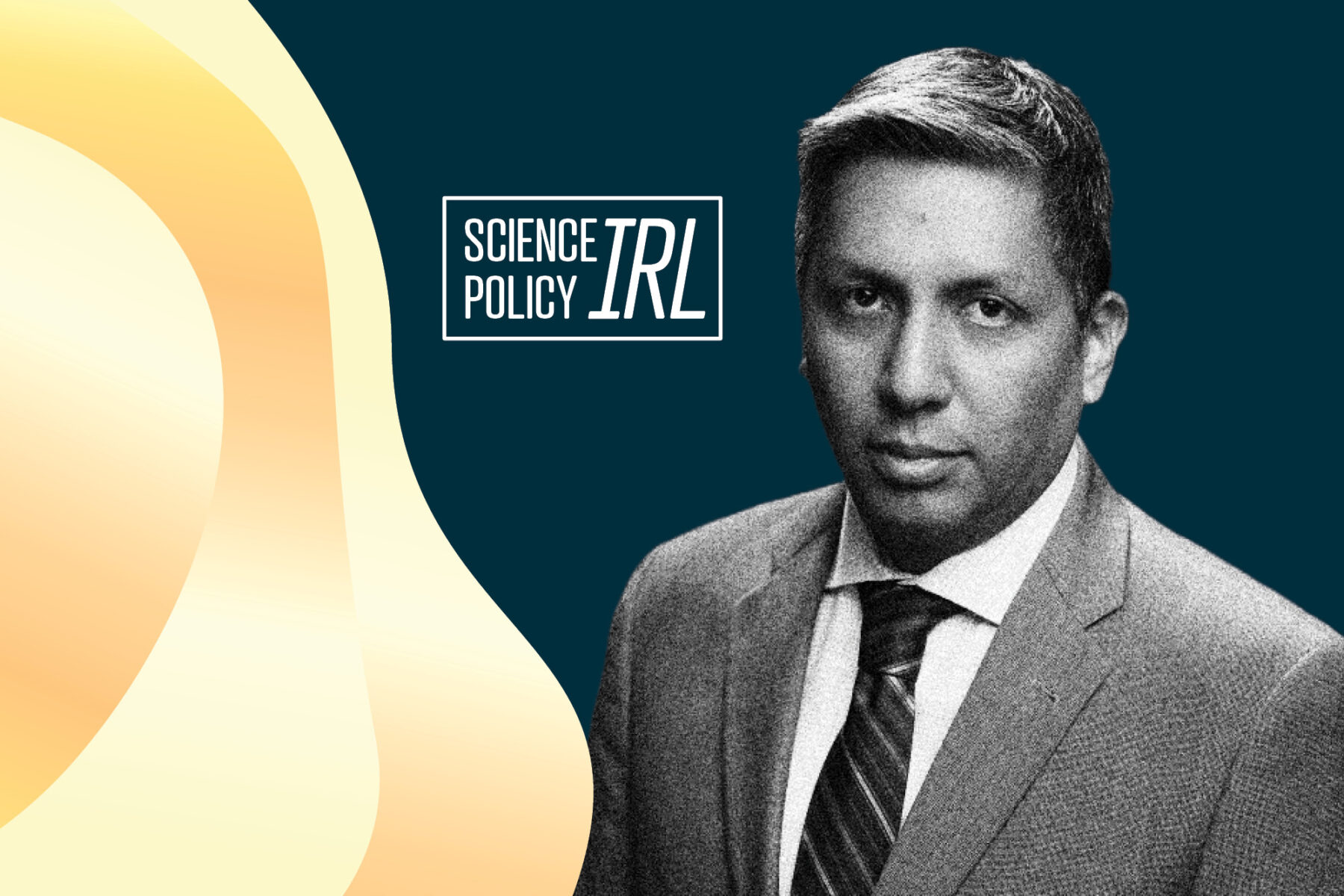
Walter Valdivia Researches for the White House
In the latest episode of
Science Policy IRL, Walter Valdivia takes us inside the world of think tanks. Walter describes how a chance encounter during his PhD at ASU led him into science policy, what think tanks do in the policy world, and the paradoxes of policy creation.
Read More
Episode 45
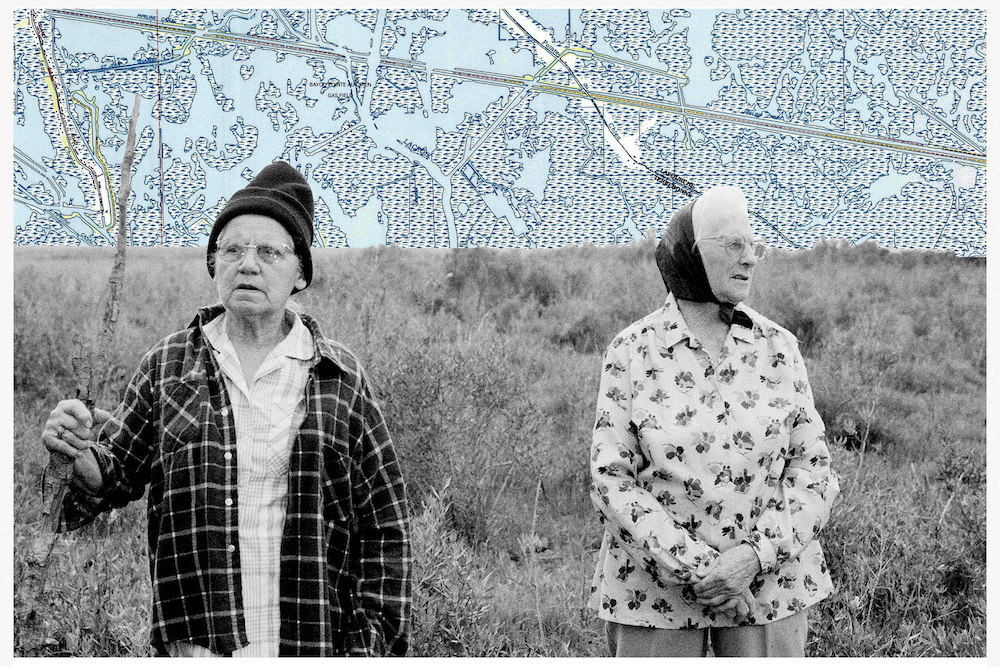
Building Community in the Bayou
Monique Verdin joins host JD Talasek to discuss using art and science to understand a Gulf that is being reshaped by climate, industry, and more. A citizen of the United Houma Nation, Verdin’s art practice and community activism give voice to indigenous and marginalized communities in the South while building bridges with science communities.
Read More
Episode 44
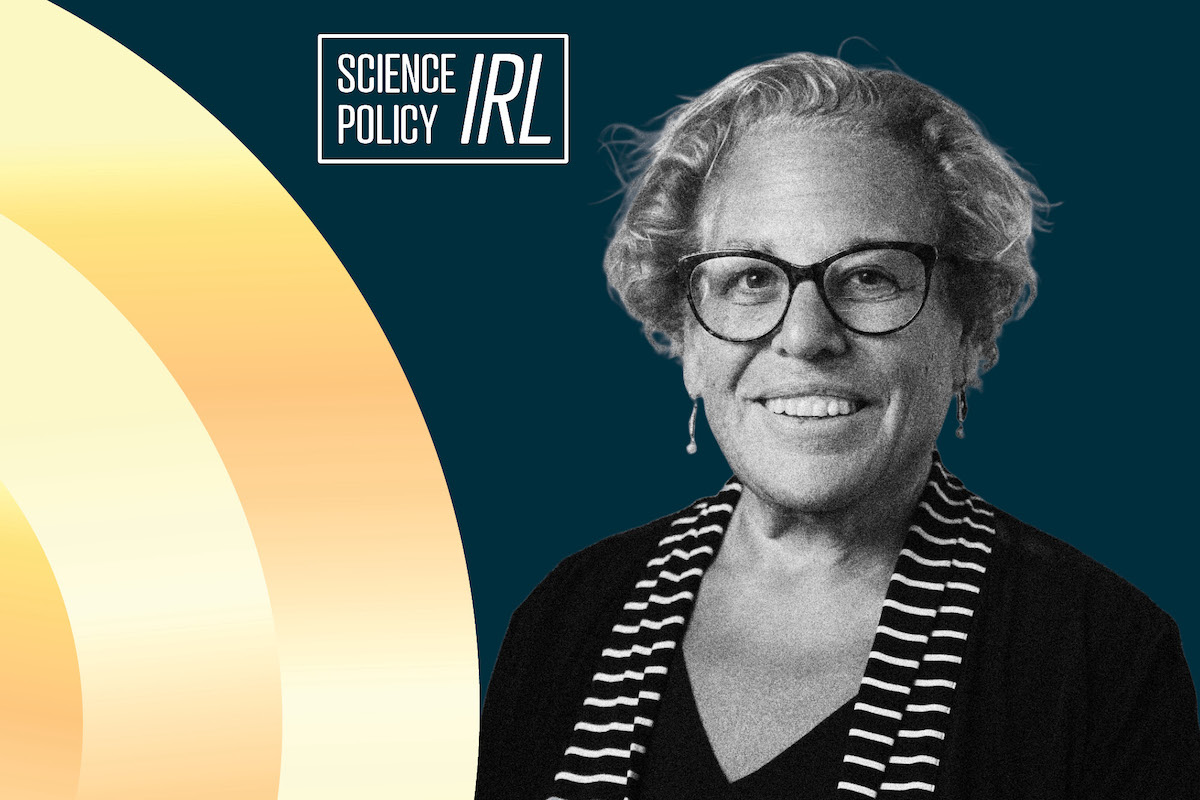
Alta Charo Considers Ethics for Stem Cells and CRISPR
In the latest episode of
Science Policy IRL, bioethicist Alta Charo talks about how science policy can and does impact people’s lives—and describes what it’s like to be one of the only non-scientists at the science policy table, how helping a close friend who died of ALS continues to inspire her work, and why science policy can help us become techno-optimists.
Read More
Episode 43
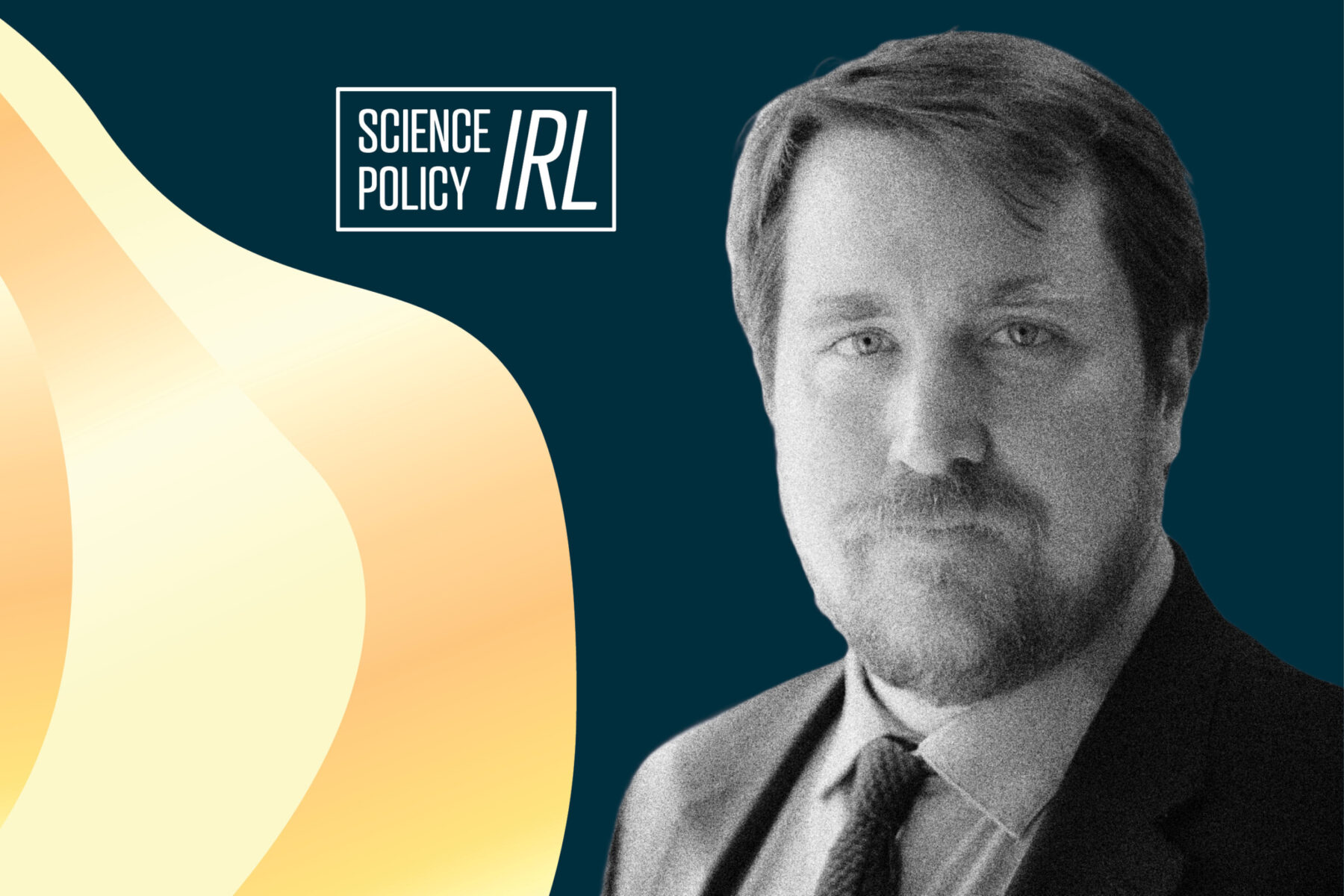
Zach Pirtle Explores Ethics for Mars Landings
Zach Pirtle shares how he almost accidentally found his way from studying philosophy and engineering at Arizona State University to a perfect career working on space ethics at NASA’s Office of Technology Policy and Strategy—and how agencies engage hands-on in science policy as they figure out how to implement legislation.
Read More
Episode 42

Turning a Policy Idea into a Pilot Project
By day, Erica Fuchs is a professor of engineering at Carnegie Mellon University. However, for the past year she’s also been running a pilot project—the National Network for Critical Technology Assessment—to give the federal government the ability to anticipate problems in supply chains and respond to them. And it all started with an essay she wrote for
Issues in 2021.
Read More
Episode 41
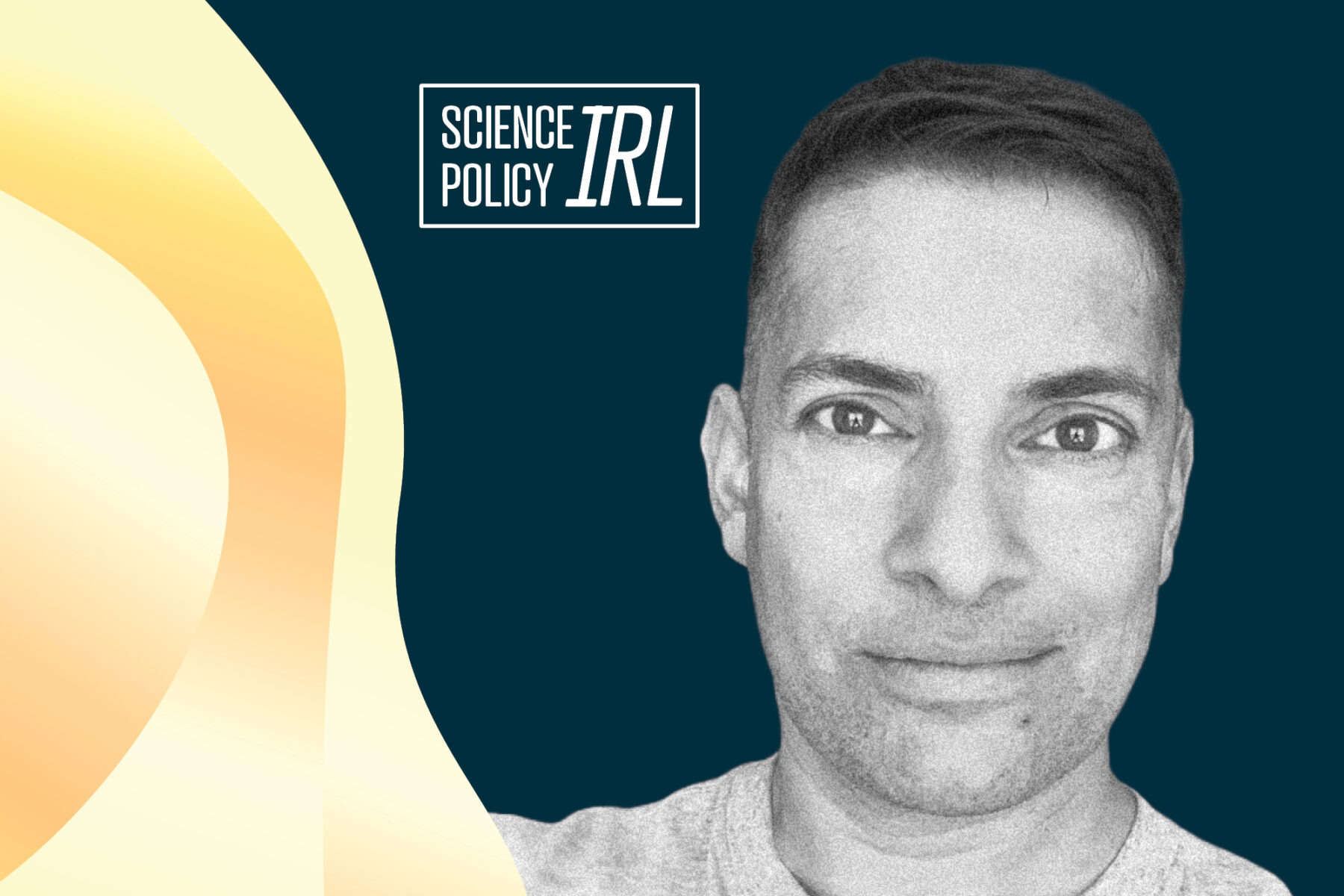
Apurva Dave Builds Connections Between National Security and Climate
Early in his career, Apurva Dave was an oceanographer; now he works at the cutting edge of climate policy at the National Academies of Sciences, Engineering, and Medicine. In the second installment of our new series,
Science Policy IRL, Apurva talks about his work convening cross-disciplinary dialogues on “emerging, abrupt, and understudied” climate and security risks.
Read More
Episode 40

A Venture Capitalist for Better Science
Stuart Buck has referred to himself as a venture capitalist for making science more efficient, reliable, and accountable. He focuses on making sure that reforms are actually improvements, not performative busywork. In our latest podcast episode, he discusses how metascience—the study of science—has fueled reform, and how to make sure reforms produce the desired effects.
Read More
Episode 38

Sustaining Science for the Future of Ukraine
Since the early days of the war in Ukraine, Vaughan Turekian has been leading efforts to support Ukrainian scientists and their research, enlisting the help of international science academies and philanthropic partners. He joins host Molly Galvin to discuss efforts to support Ukrainian scientists and why such efforts are important for the future of Ukraine.
Read More
Episode 37
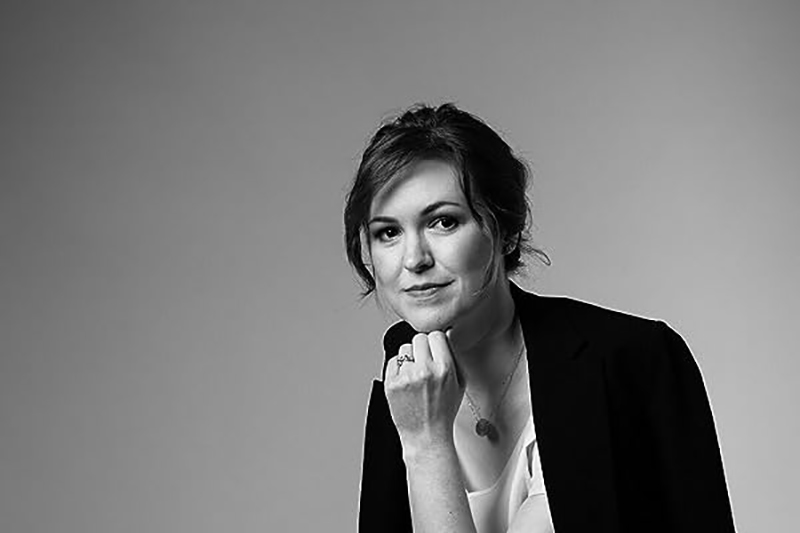
The Complicated Legacy of the Green Revolution
An American agronomist named Norman Borlaug developed and popularized the central innovation of the Green Revolution: the concept of “wide adaptation,” or the idea that plants could be bred to produce a high yield in a variety of environments. Interdisciplinary scientist and historian Marci Baranski talks about how a more nuanced understanding of Borlaug’s work and the Green Revolution can improve agricultural and economic development policies today.
Read More
Episode 36

Open Science: Moving From Possible to Expected to Required
University of Virginia psychology professor Brian Nosek cofounded an unusual nonprofit, the Center for Open Science. It’s been a cheerleader, enabler, and nagger to convince scientists that making their methods, data, and papers available to others makes for better science. Nosek refers to the “pyramid of culture change” as his strategy to push for reforms: first make a better practice possible, then easy, expected, rewarding, and finally, required.
Read More
Episode 35

Blue Dreams: Connecting People With Ocean Research
Despite its importance, the ocean is largely unexplored and often misunderstood. Artist Rebecca Rutstein is interested in how art can help people connect with ocean research. In this episode, Rustein and oceanographer Mandy Joye talk with host Alana Quinn about the rich potential of partnerships between artists and scientists to create visceral connections to the deep sea.
Read More
Episode 34
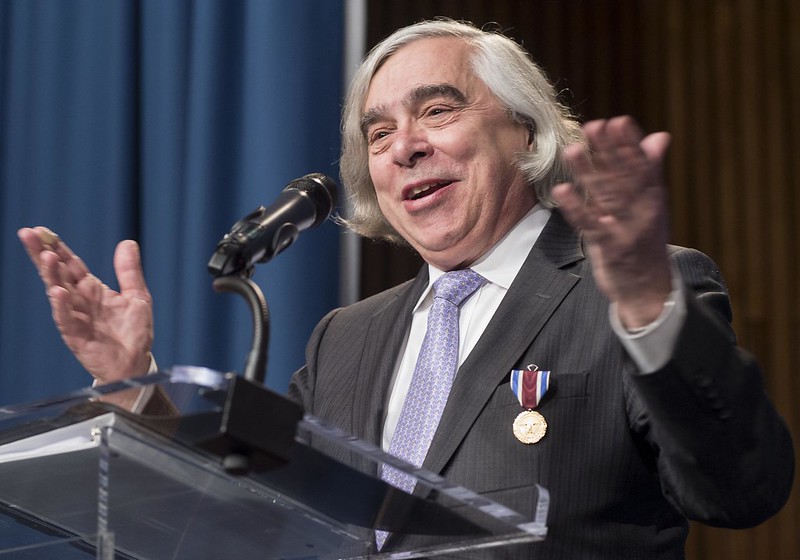
Secretary Ernest Moniz on the Diplomatic Role of “Cumulative” Science
Ernest Moniz, secretary of energy during the Obama administration, has been a practitioner of science diplomacy at the highest levels. In this episode, Moniz talks about the role of science in international negotiations and emphasizes the importance of collaboration to scientific discovery. Science, he says, is cumulative, extending far beyond the experience of a single person. If collaborations are prevented, we will never know what knowledge we failed to create.
Read More
Episode 33
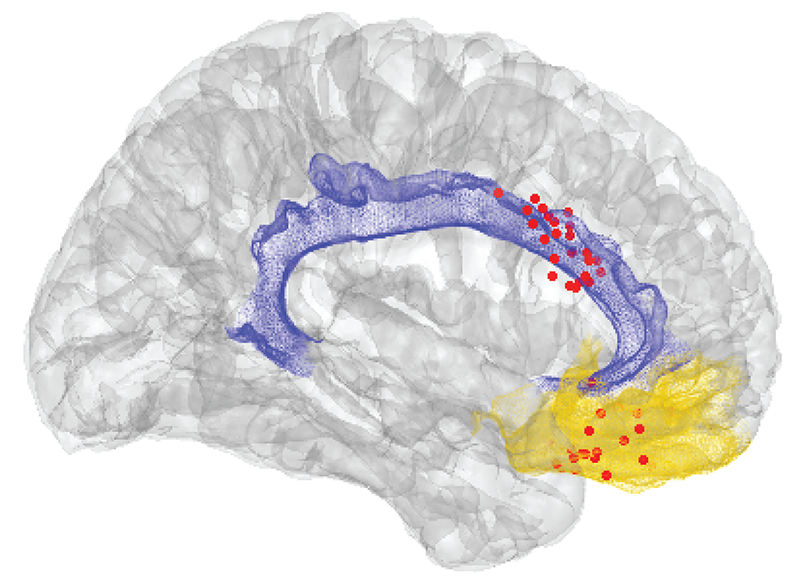
Combating the “Multi-Dimensional Beast” of Chronic Pain
Chronic pain affects more Americans than diabetes, depression, and hypertension. Yet the disease is poorly understood, often undiagnosed or misdiagnosed, and effective treatments are in short supply. A recent study provides new insights into how the disease affects the nervous system. In this episode, the lead author of that study, Prasad Shirvalkar talks about his research and how it could transform physicians’ understanding and treatment of what he calls a “multi-dimensional beast.”
Read More
Episode 32
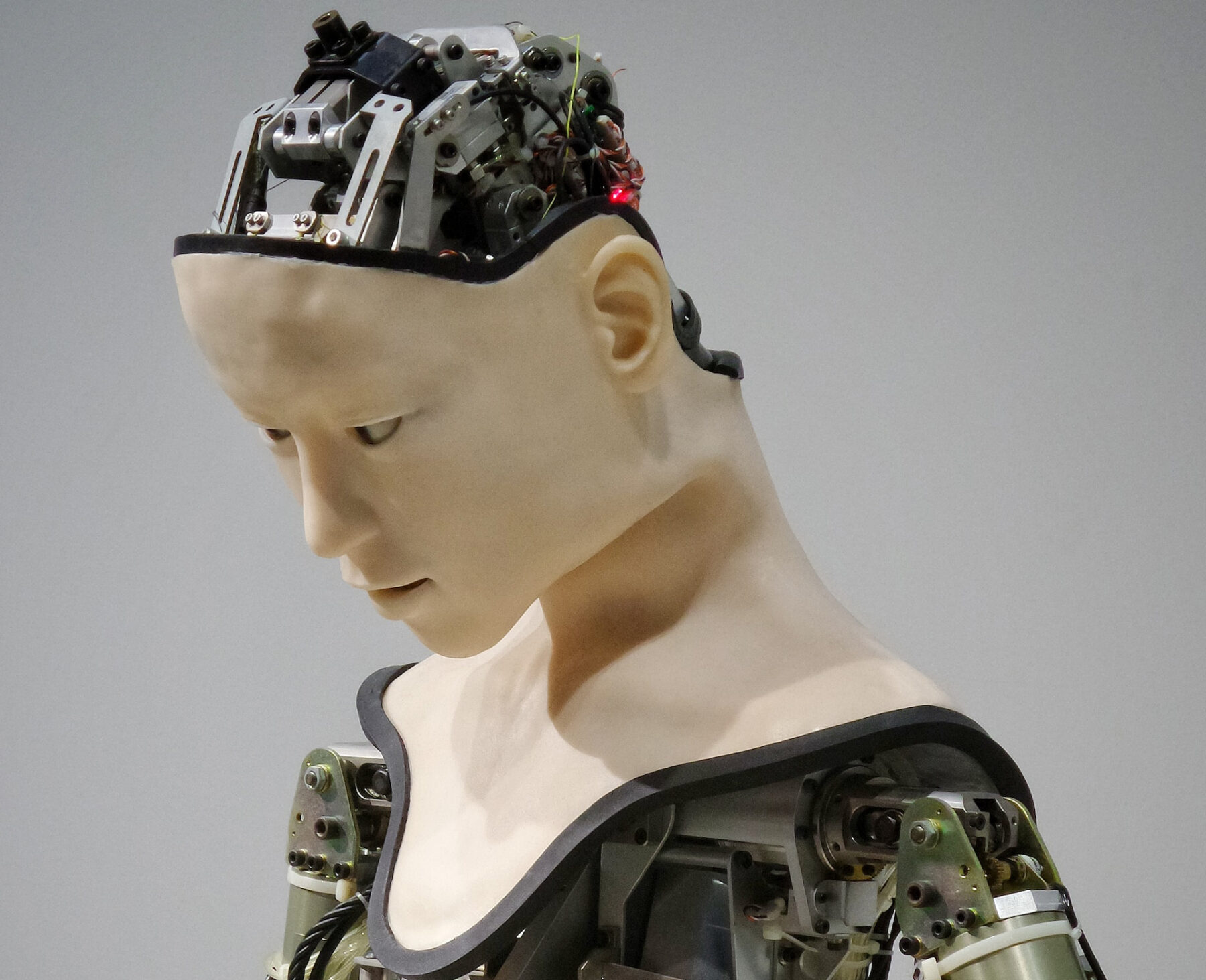
Artificial Intelligence and the Moral Imagination
Artificial intelligence’s remarkable advances have become a topic of feverish discussion, part of a long tradition of cautionary tales about human creations escaping their bounds to wreak havoc. But several recent novels pose a more subtle, and in some ways more interesting, question: What does our interaction with artificial intelligence reveal about us and our society? In this episode, historian Deborah Poskanzer speaks with Jason Lloyd about three books that she recently reviewed for
Issues.
Read More
Episode 31

Race, Genetics, and a “Most Dangerous Myth”
The concept of distinct races came from European naturalists in the 1700s. It’s now recognized as a social construct, rather than a biological classification. But genetics researchers still sometimes use race or ethnicity to stand in for ancestry. Ann Morning, a professor of sociology at New York University, recently spoke with Monya Baker about why race is a poor—but persistent—shorthand in genetics studies, and what to do about it.
Read More
Episode 30
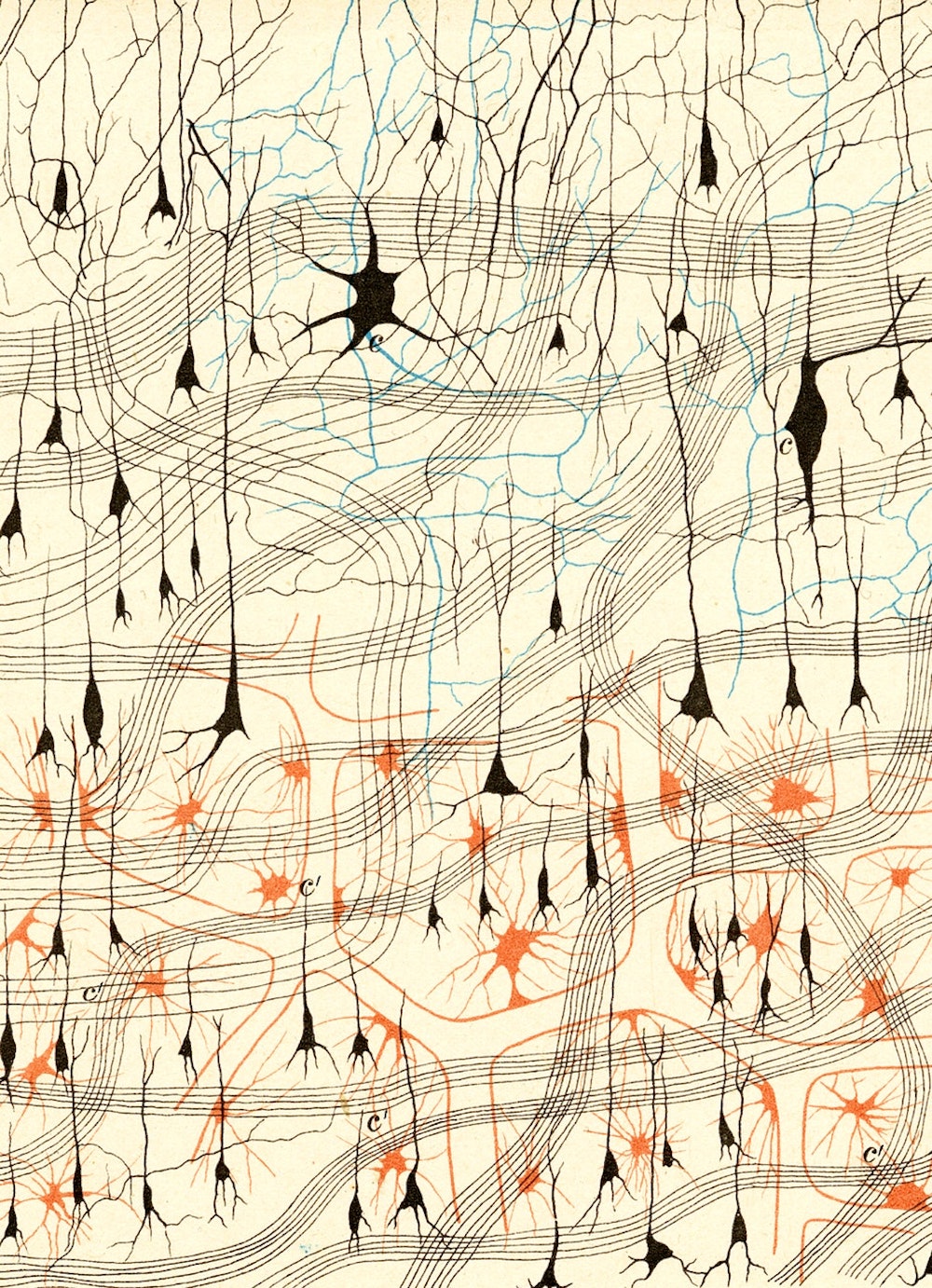
The Microscope and the Metaphor
What does intuitive, emotional poetry have in common with rational, empirical science? On this episode, host J. D. Talasek talks to poet Jane Hirshfield and neuroscientist Virginia Sturm to understand how they came to work together, and the connections they’ve found between poetry, neural science, and society. They discuss what Hirschfield calls the “mutual delight” they’ve found between poets and scientists as they consider how the microscope and the metaphor can be used to explore the world.
Read More
Episode 29
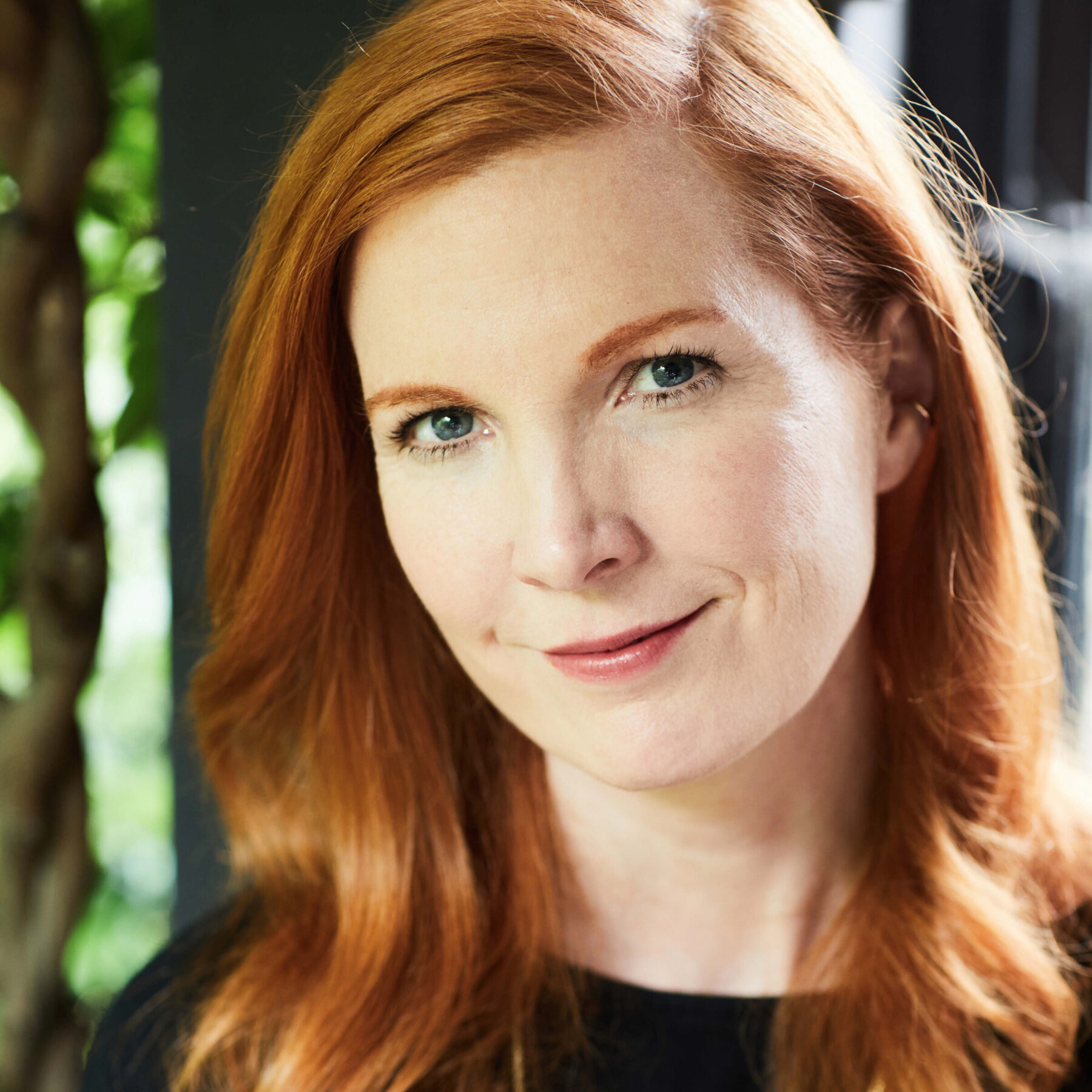
To Solve the AI Problem, Rely on Policy, Not Technology
Artificial intelligence is everywhere, growing increasingly accessible and pervasive. Conversations about AI often focus on technical accomplishments rather than societal impacts, but leading scholar Kate Crawford has long drawn attention to the potential harms AI poses for society: exploitation, discrimination, and more. Monya Baker recently spoke with Crawford about how to ensure AI designers incorporate societal protections into product development and deployment.
Read More
Episode 28
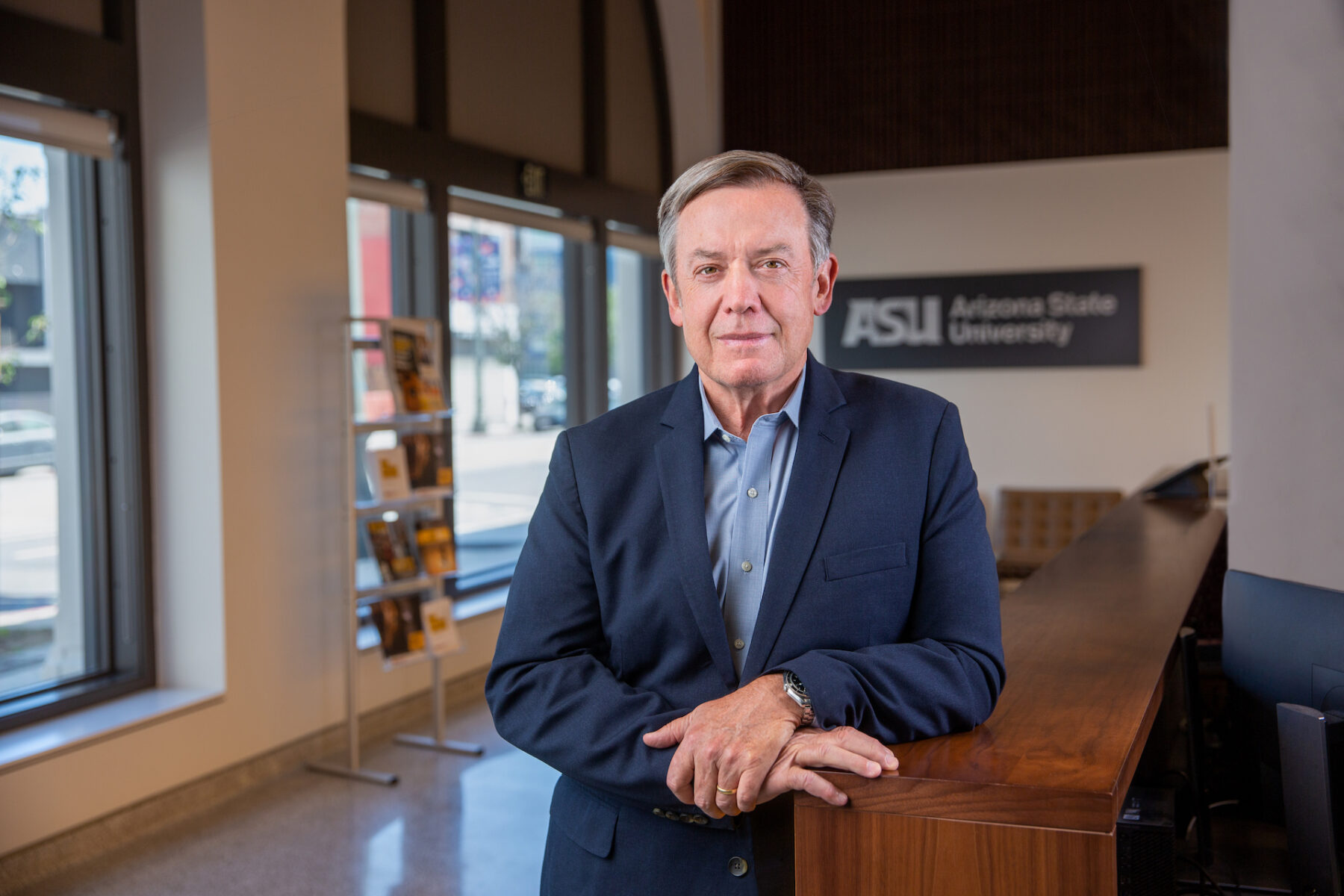
Finding Collective Advantage in Shared Knowledge
The CHIPS and Science Act aims to secure American competitiveness and innovation by investing $280 billion in domestic semiconductor manufacturing, scientific innovation, and regional development. But if similar government investments in the past are any guide, this will affect American life in unexpected and profound ways. Michael Crow, president of Arizona State University, discusses the CHIPS and Science Act in the context of previous American investments in science and technology.
Read More
Episode 27
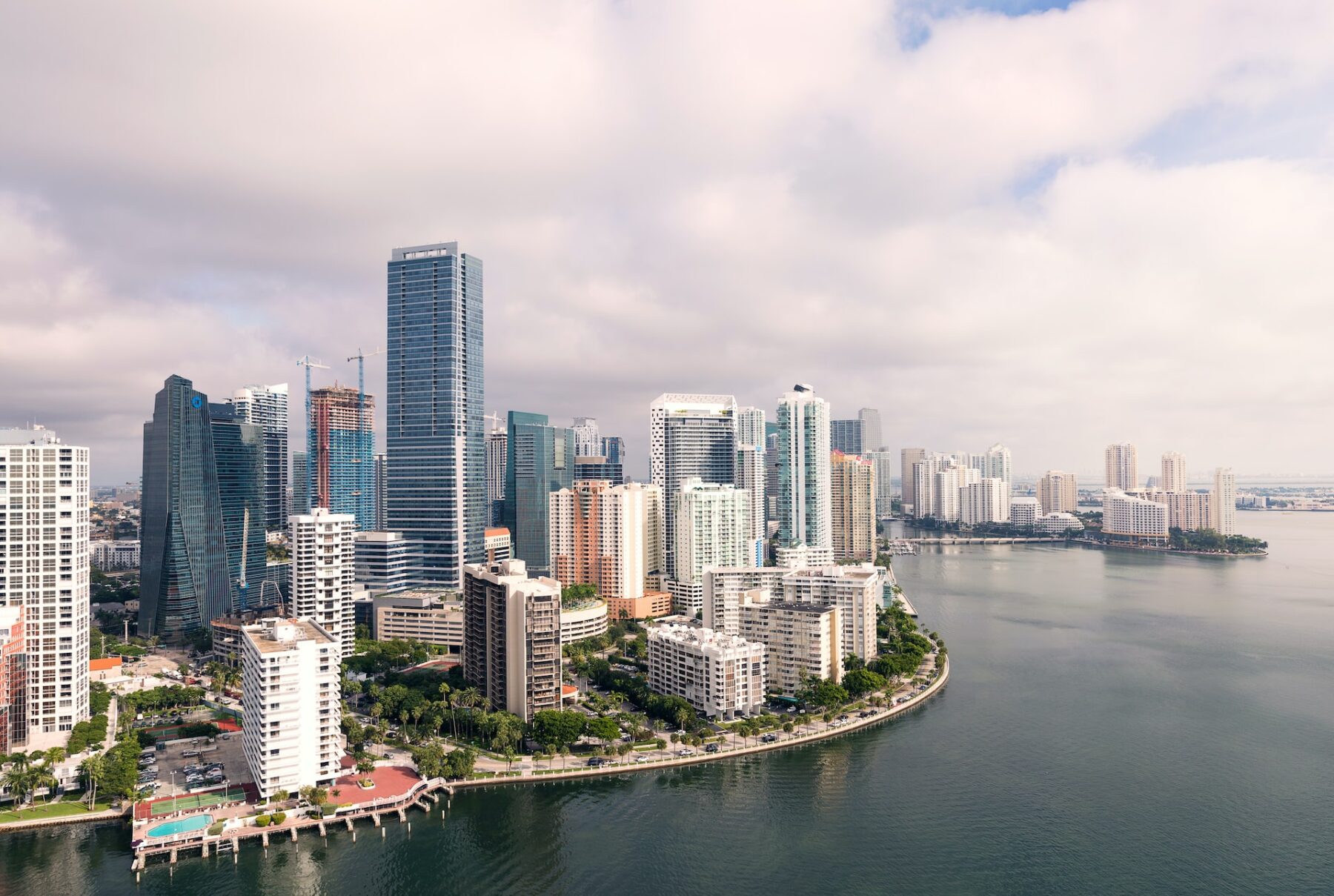
Confronting Extreme Heat With the World’s First Chief Heat Officer
What can be done to protect vulnerable communities from extreme heat? The world’s first chief heat officer, Jane Gilbert, who leads Miami-Dade County’s efforts to deal with extreme heat, is working on the answers. She talks about the need for win-win solutions (more air conditioning alone can’t solve the problem), the difficulties of planting trees on busy streets, and engaging with citizens on solutions for keeping communities safe in a warmer future.
Read More
Episode 26
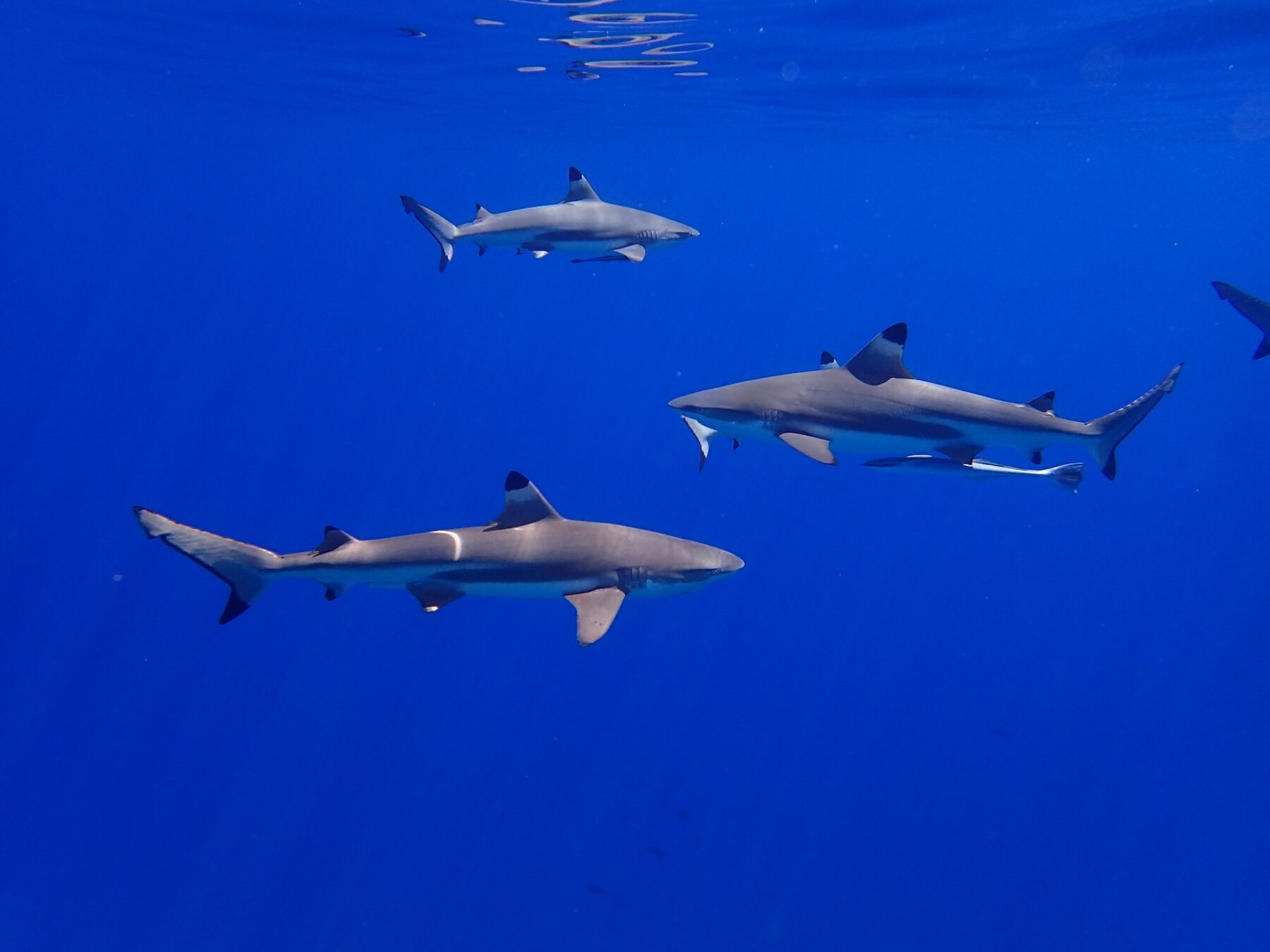
You’ve Been Misinformed About Sharks
Misinformation has long been an issue for scientists who study sharks. The Discovery Channel’s Shark Week has anchored the idea of predatory, dangerous sharks in the public consciousness for 35 years, often wrapping its entertainments in the legitimizing cloak of science. Marine biologist David Shiffman talks about how this information harms shark conservation efforts.
Read More
Episode 25

What’s Driving the Electric Car Revival?
Major American automakers infamously scrapped their electric vehicle programs in the early 2000s. This left an opening for new players, informed by and emerging from the information technology revolution. Matthew Eisler explains how the consumer electronics industry—with help from public policy—accomplished an end run around the automaking establishment to reinvent the electric vehicle.
Read More
Episode 24
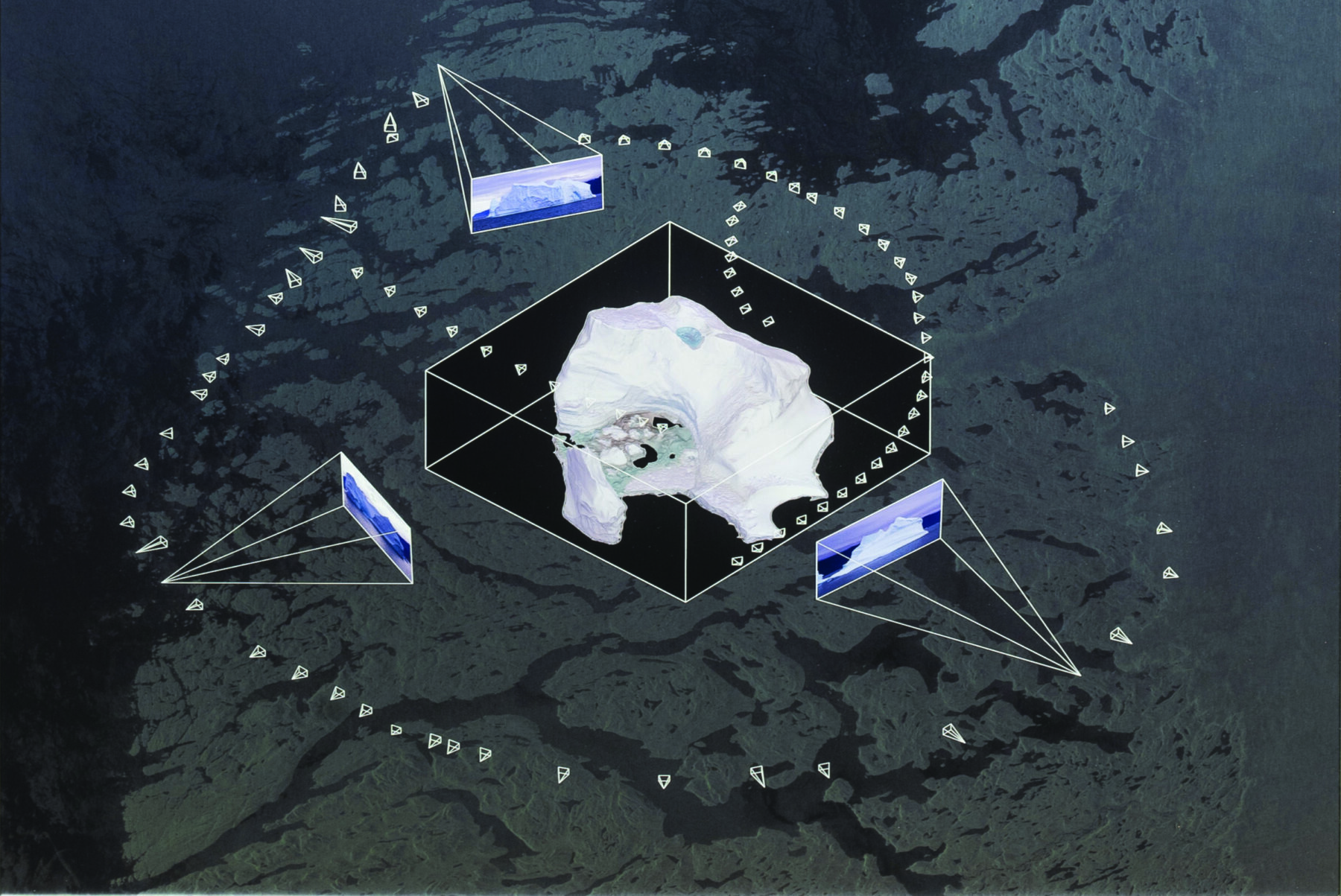
Collaborations on Ice
Over the course of a four-year project, a group of artists and scientists integrated field data, remote satellite imagery, scientific analysis, and art to create visual representations of disappearing Arctic ice. Being deeply embedded in each other’s processes helped the group foster new ideas and unexpected outcomes. Cy Keener and Ignatius Rigor discuss how to build successful collaborations across different disciplines and how creative practices can contribute to scientific research and communication.
Read More
Episode 23
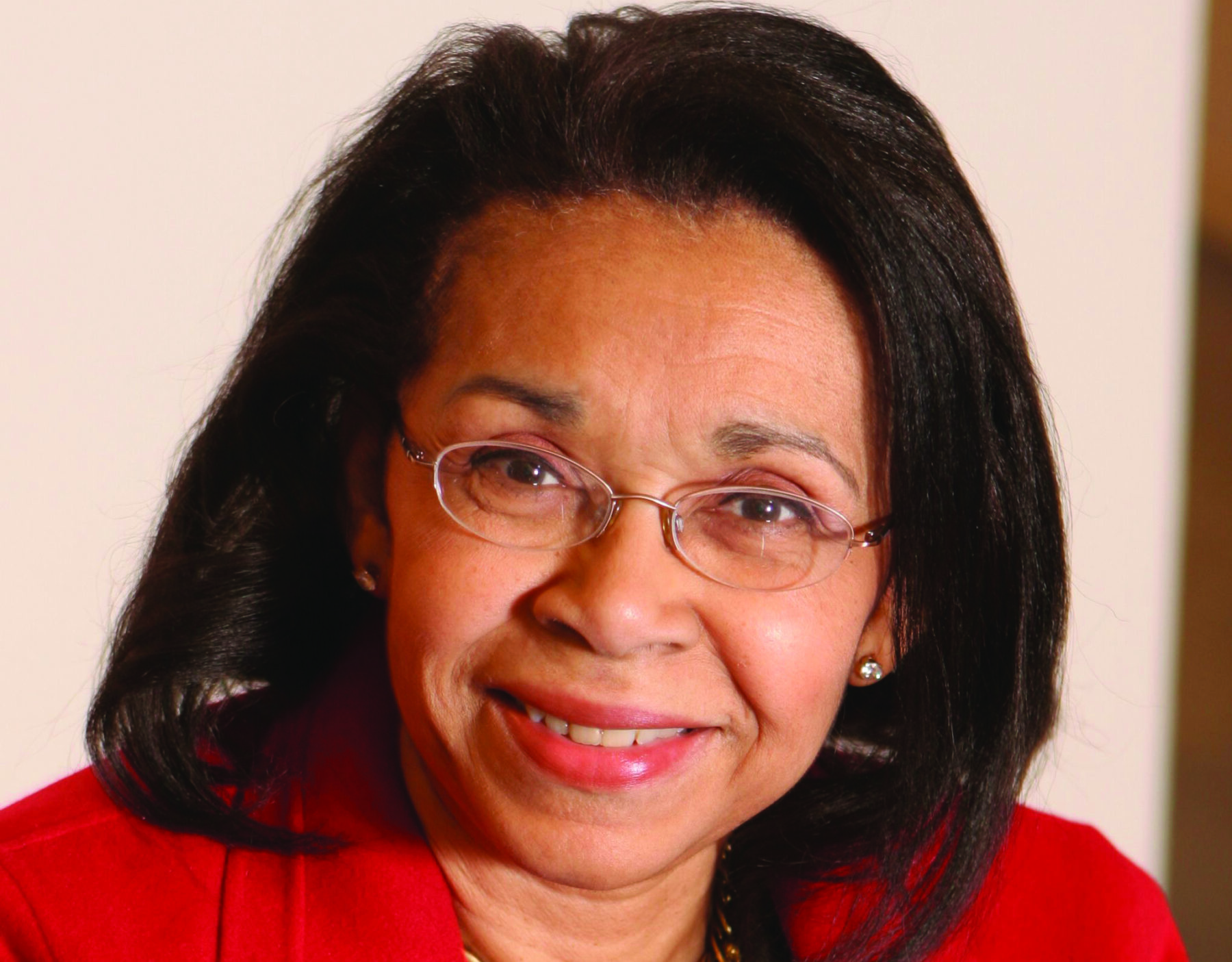
Shirley Malcom – Where Science and Society Meet
Shirley M. Malcom is a trailblazer in the area of broadening participation in science. On this episode, she talks about the importance of the behavioral sciences, social sciences, and education in evidence-based public policy. She brings her considerable expertise in public science literacy, issues of diversity, equity, and inclusion, and STEM education to bear on the challenges facing American society.
Read More
